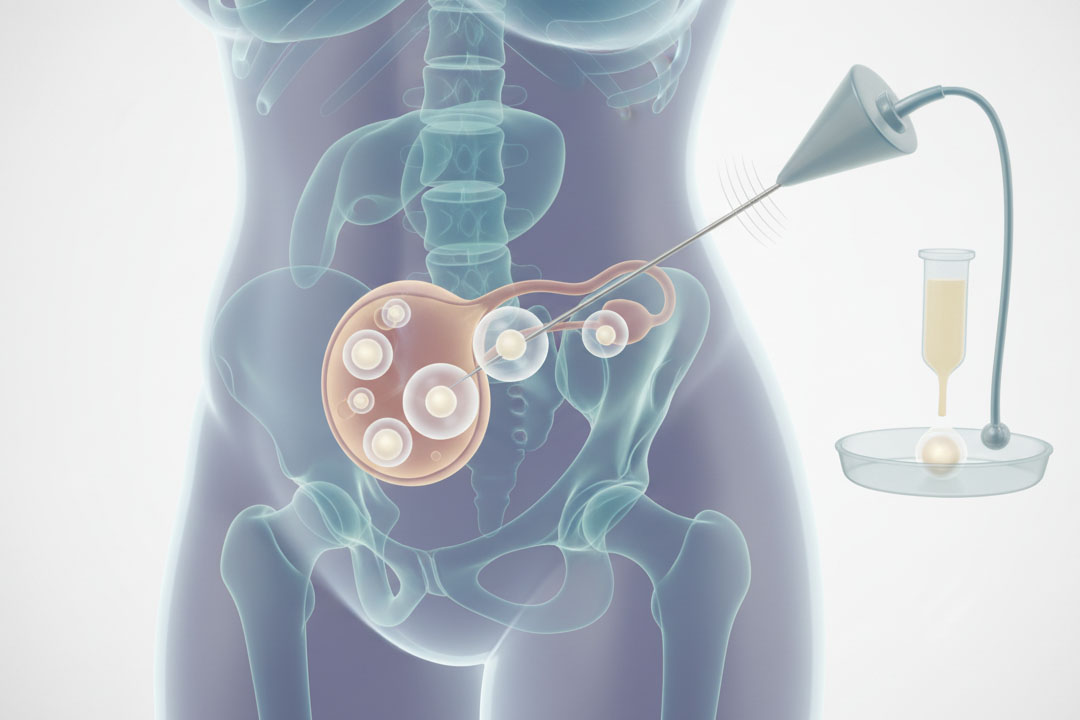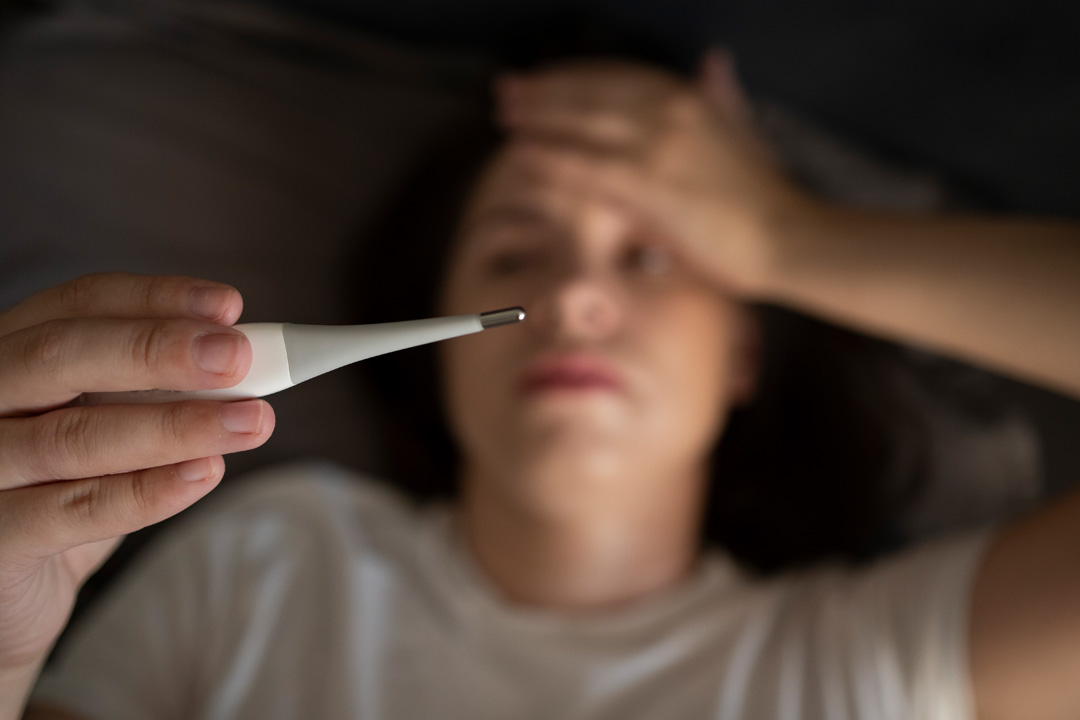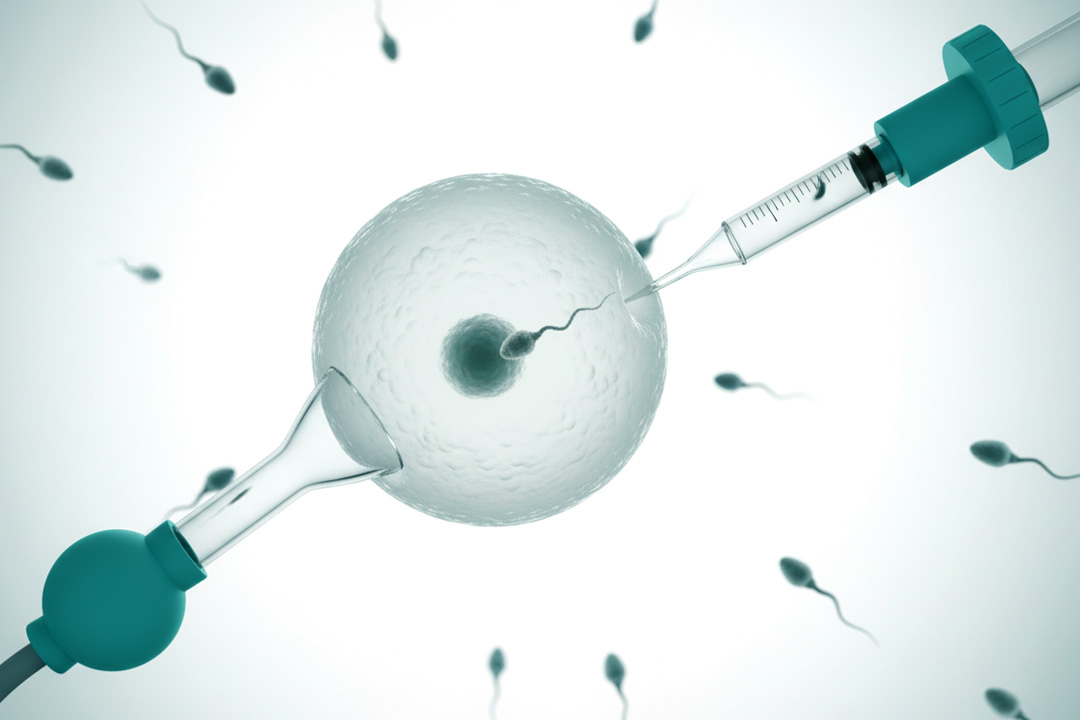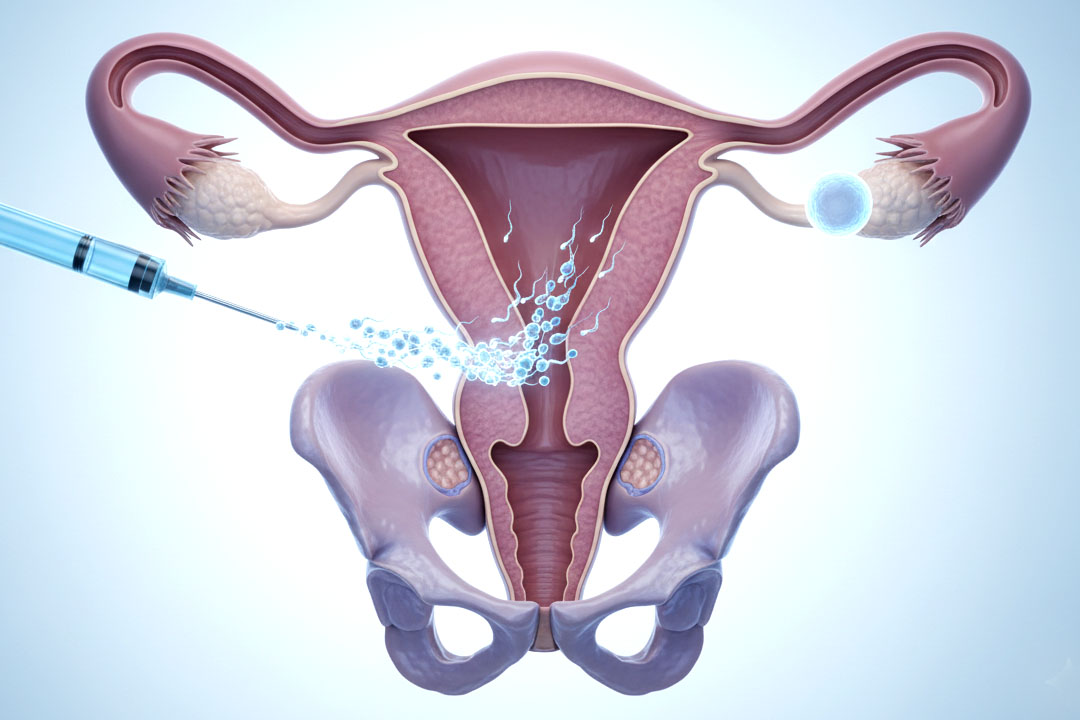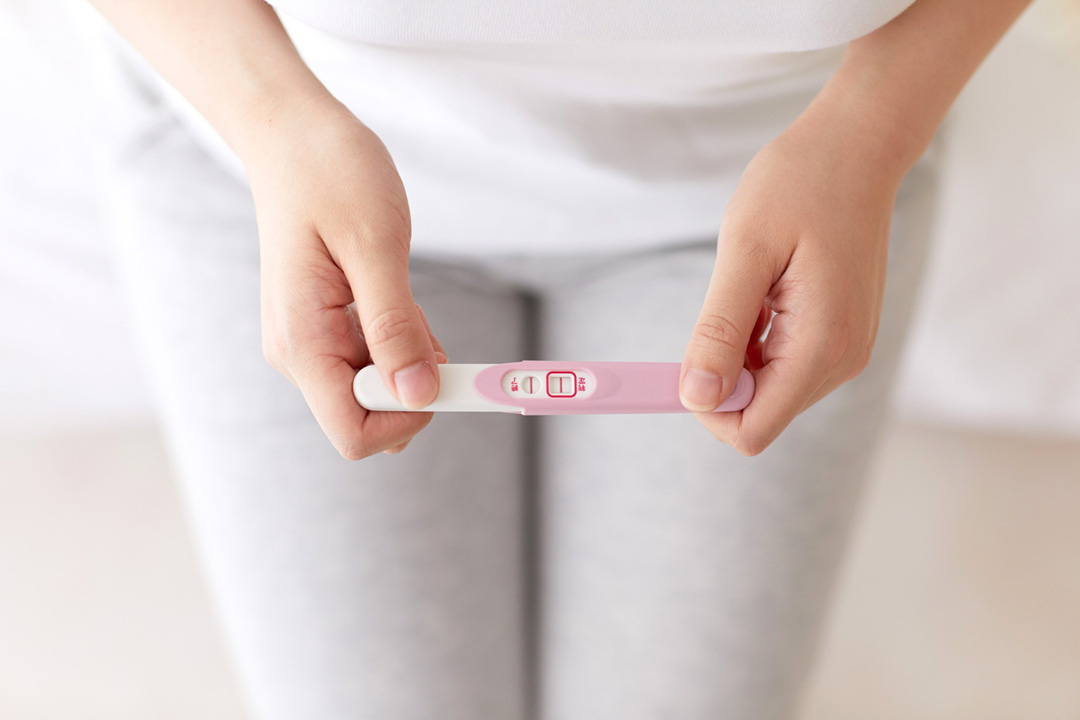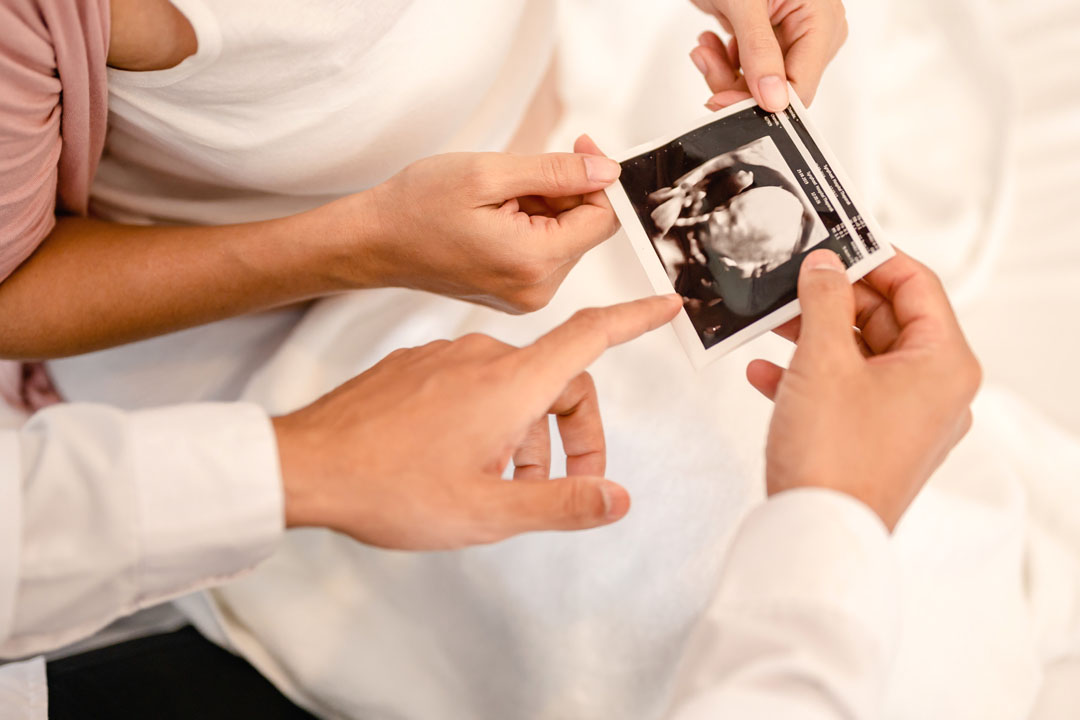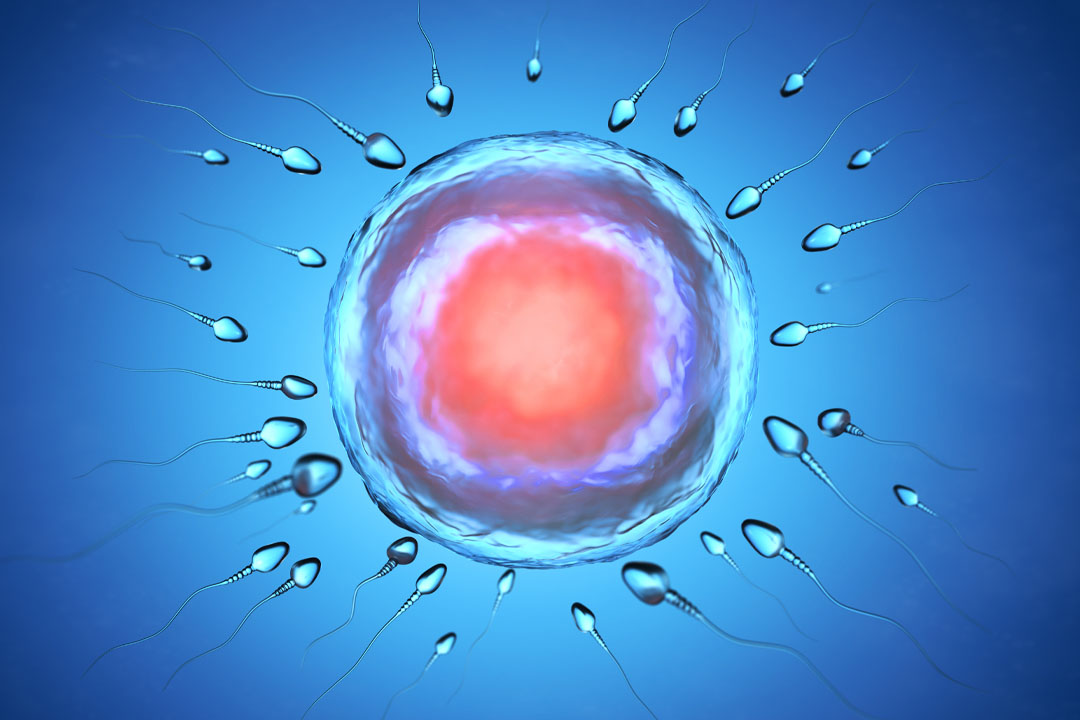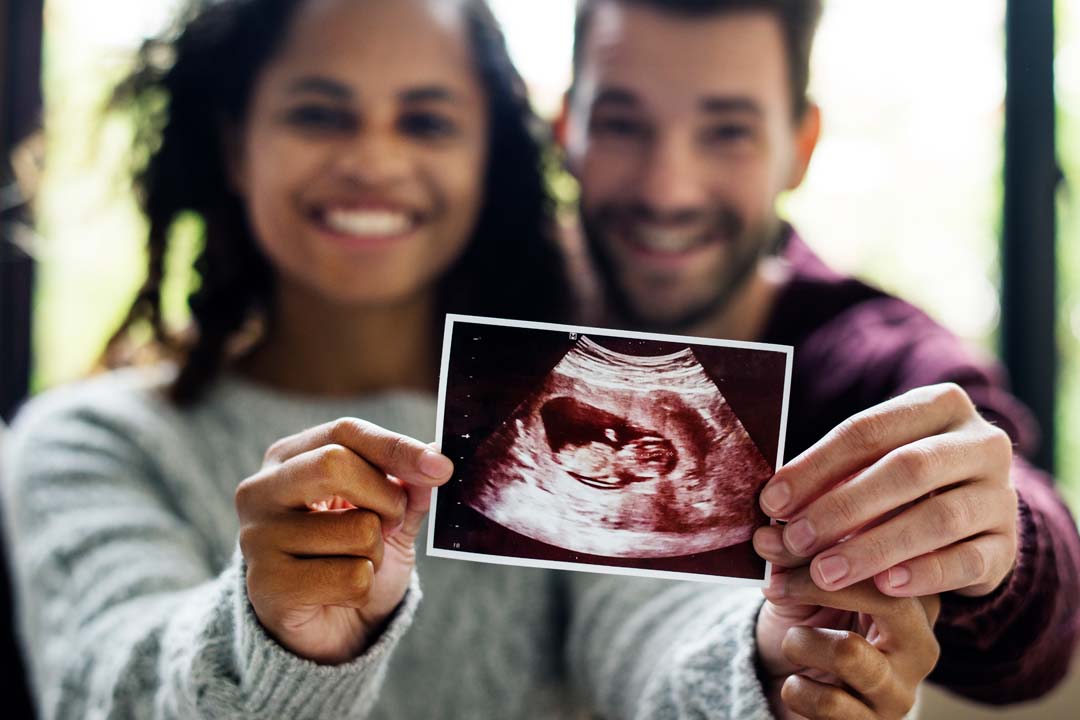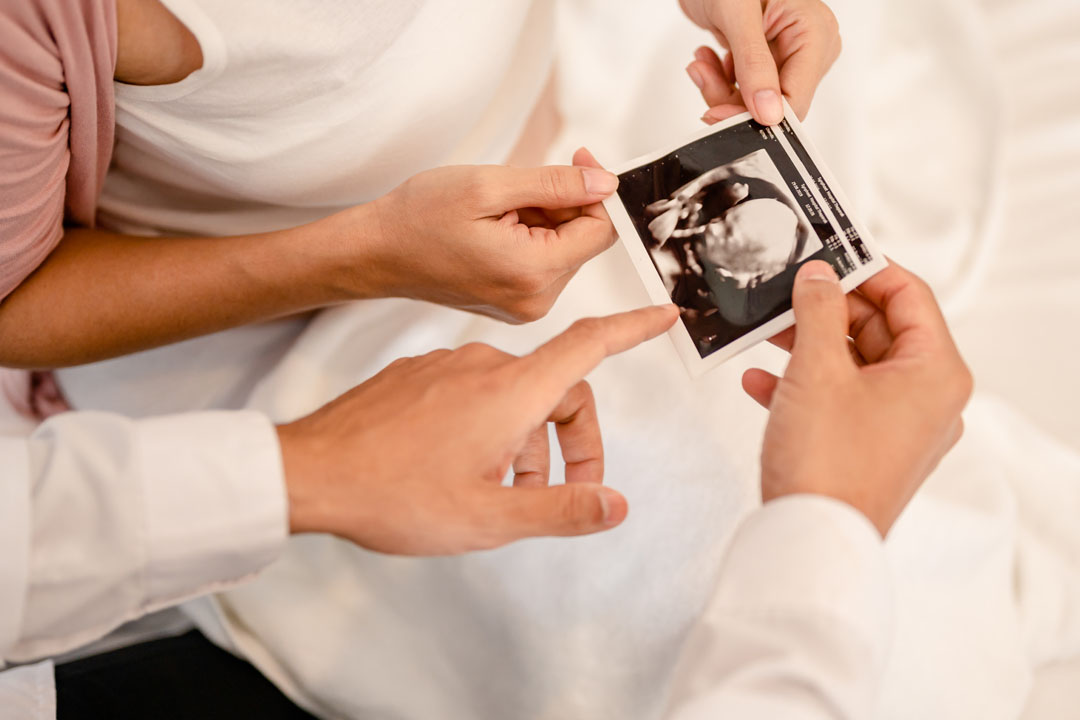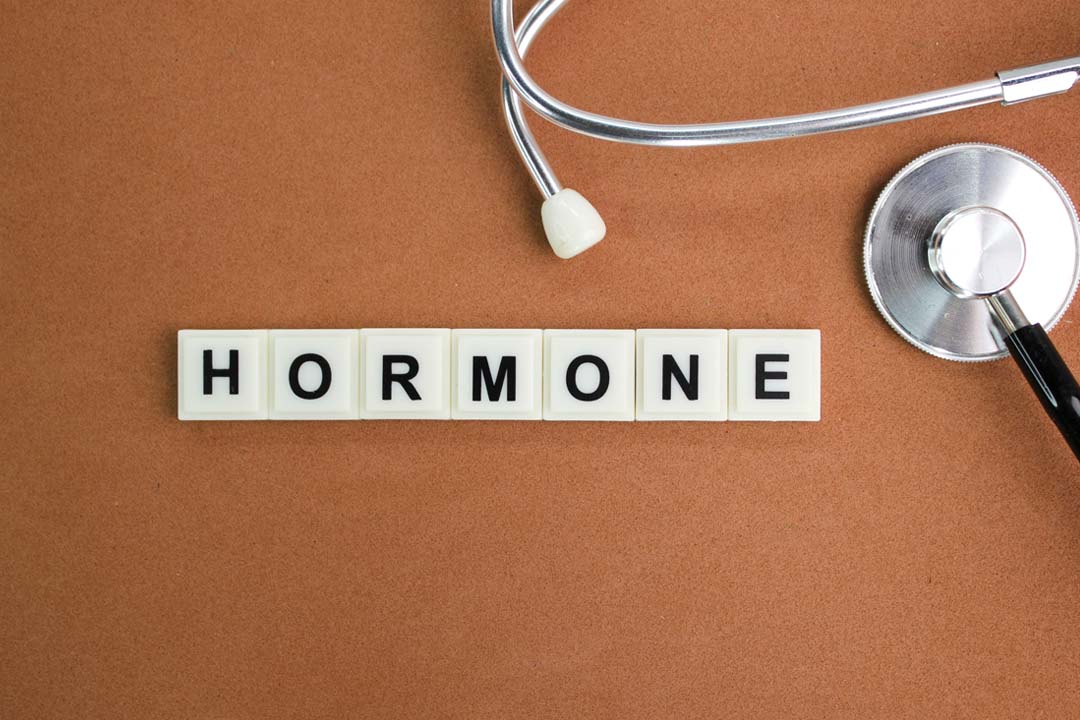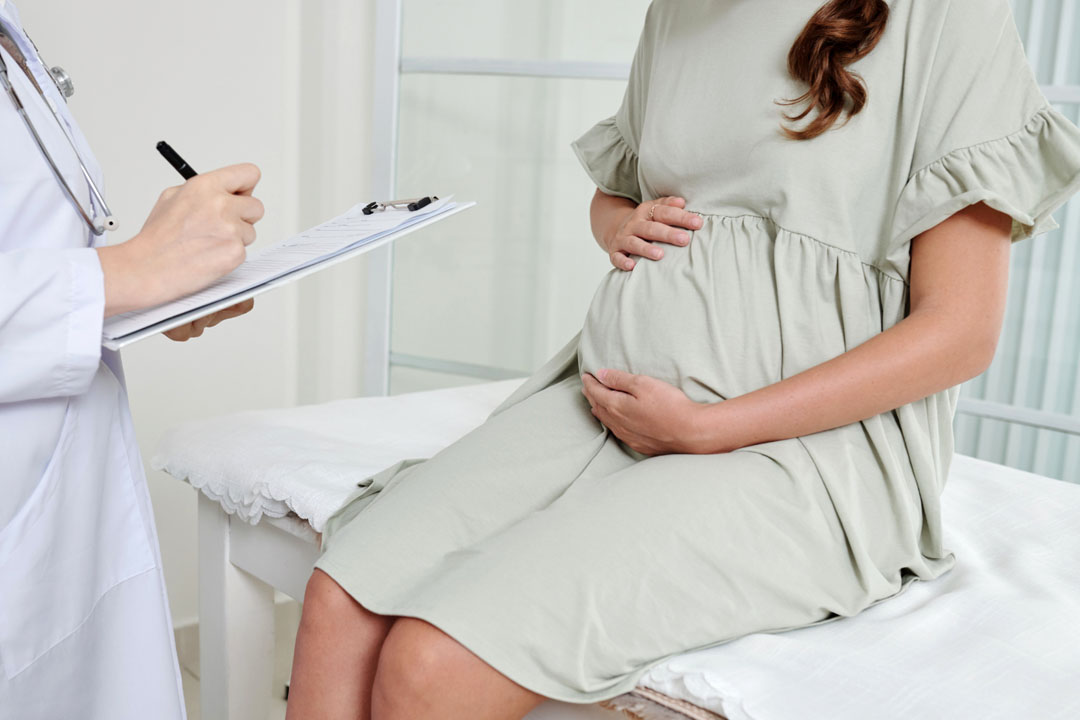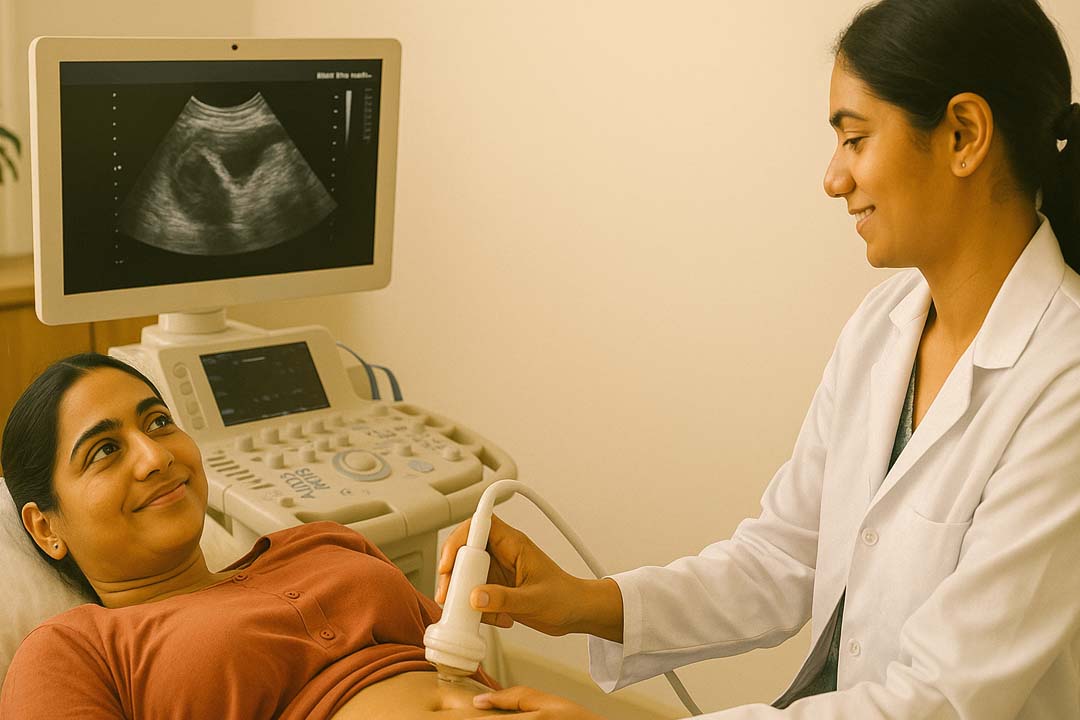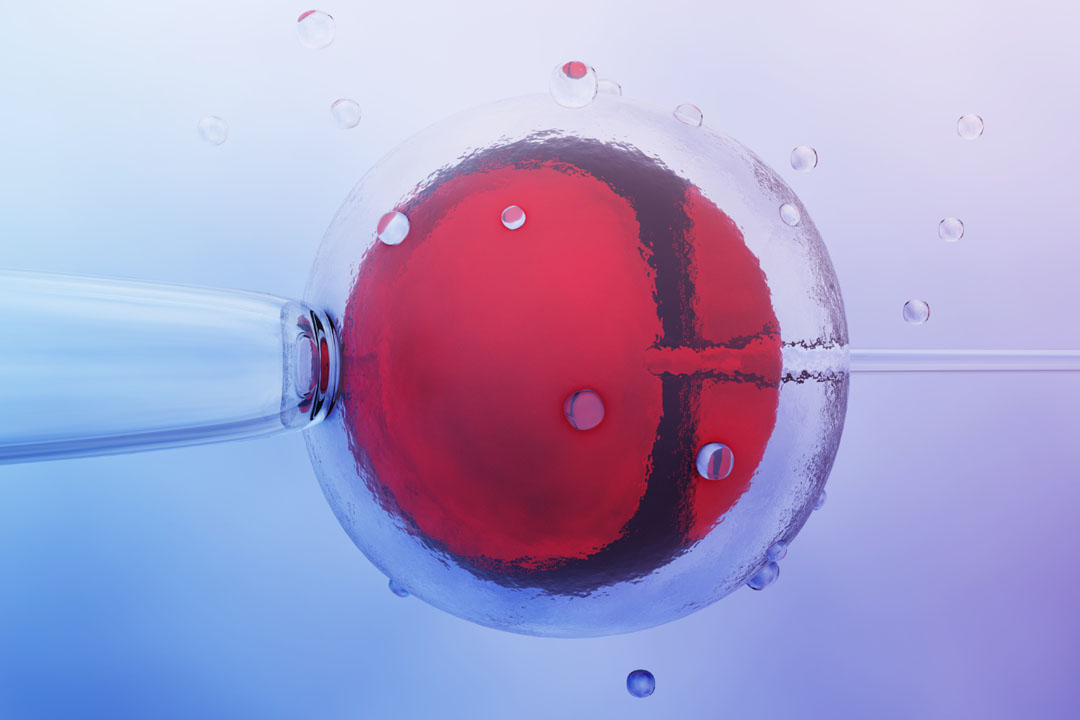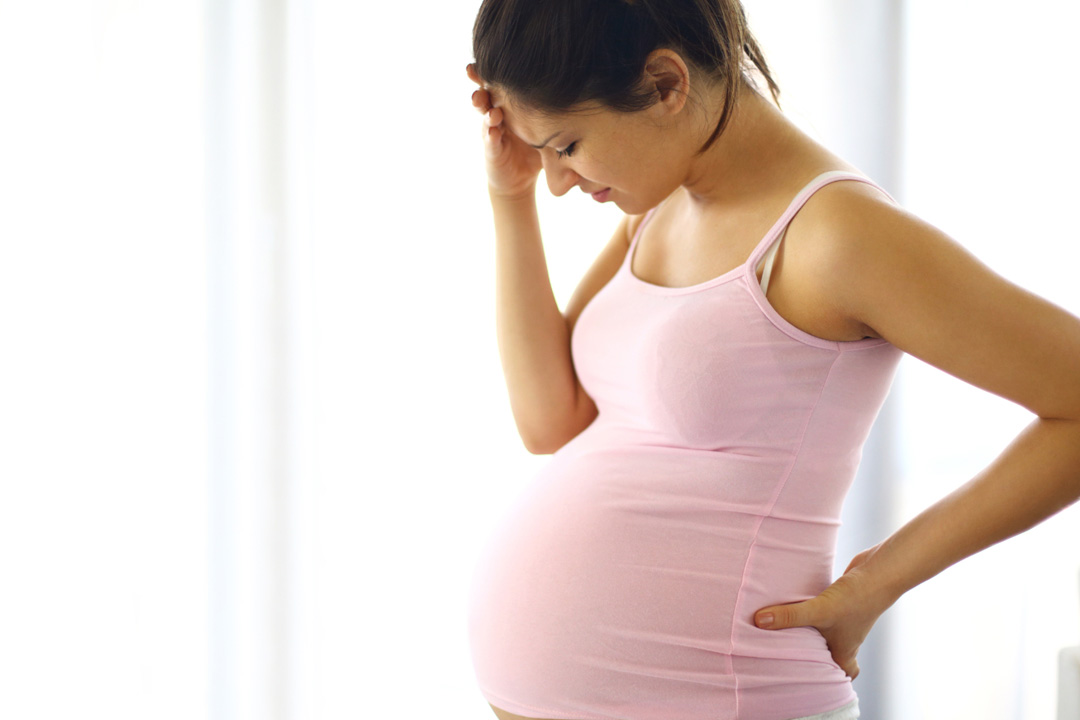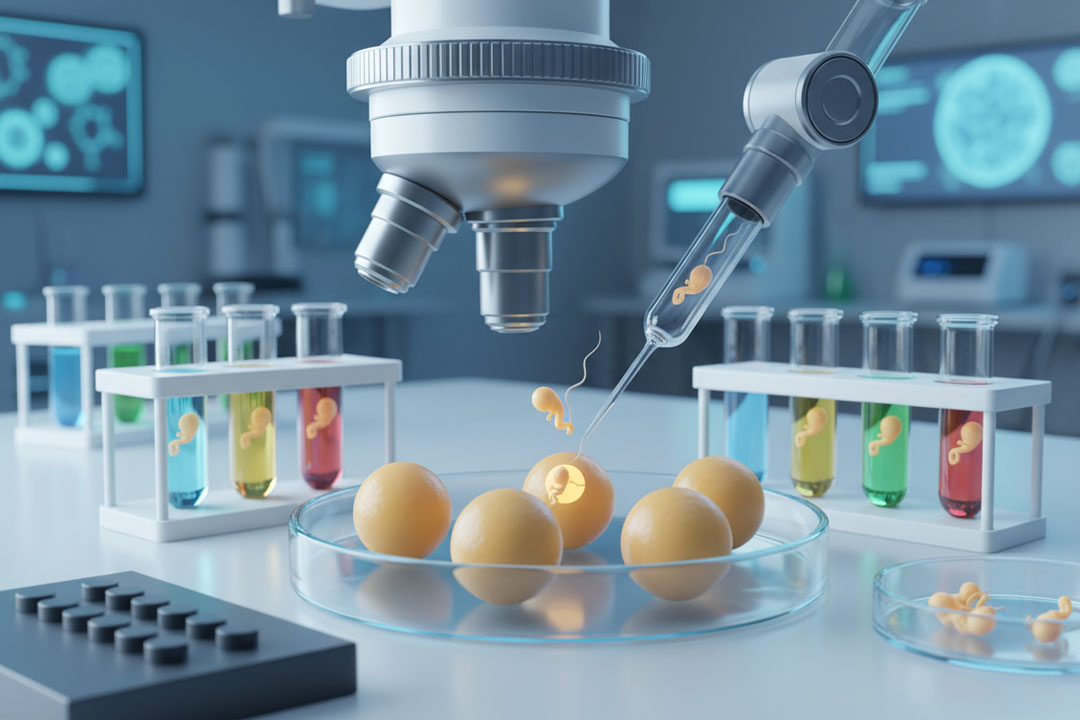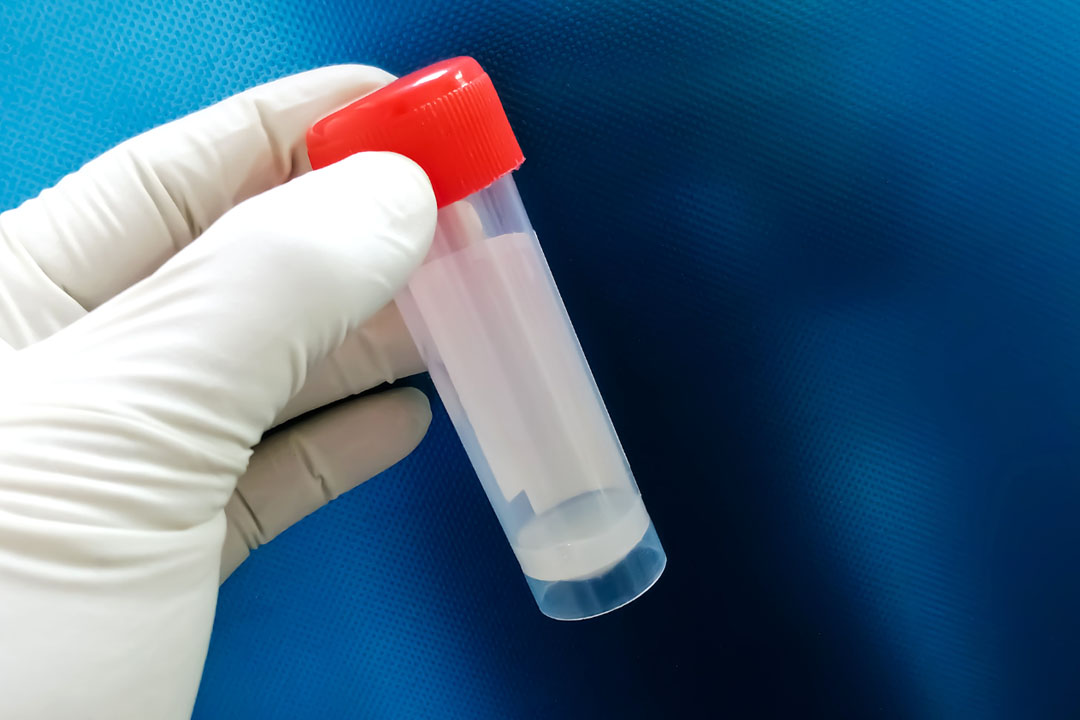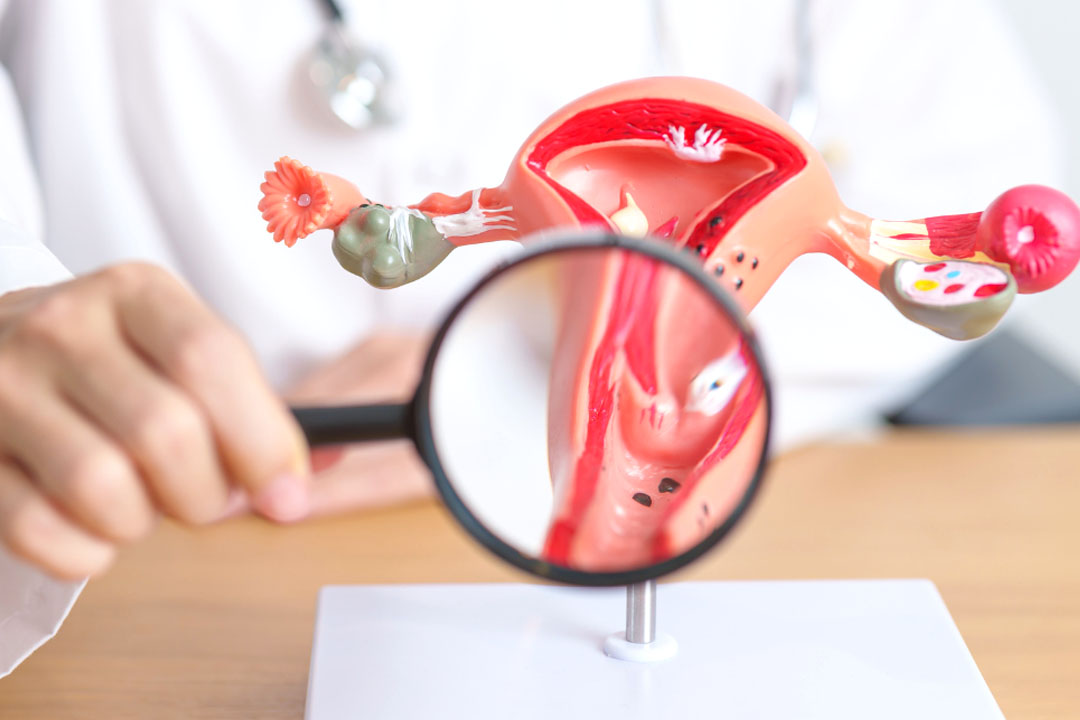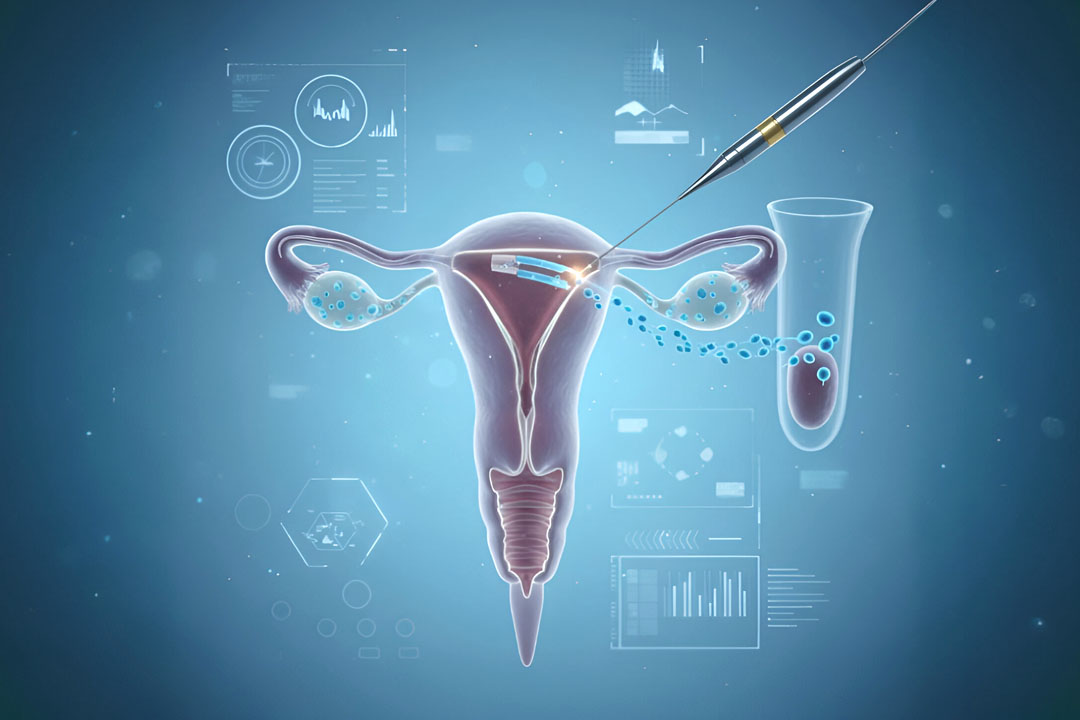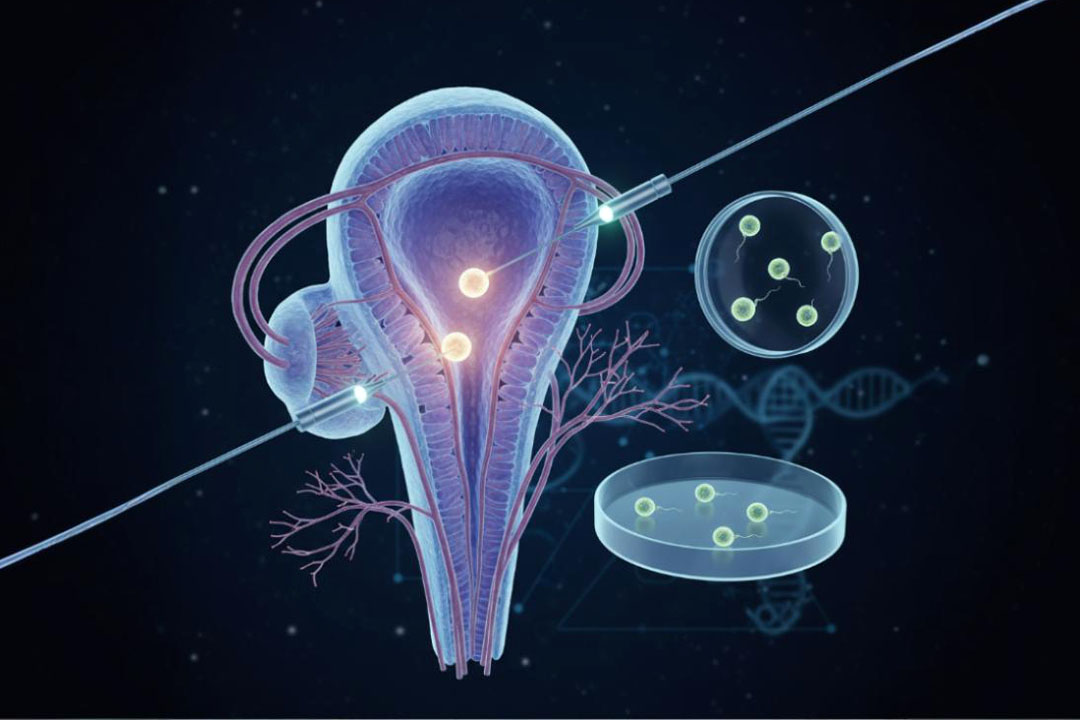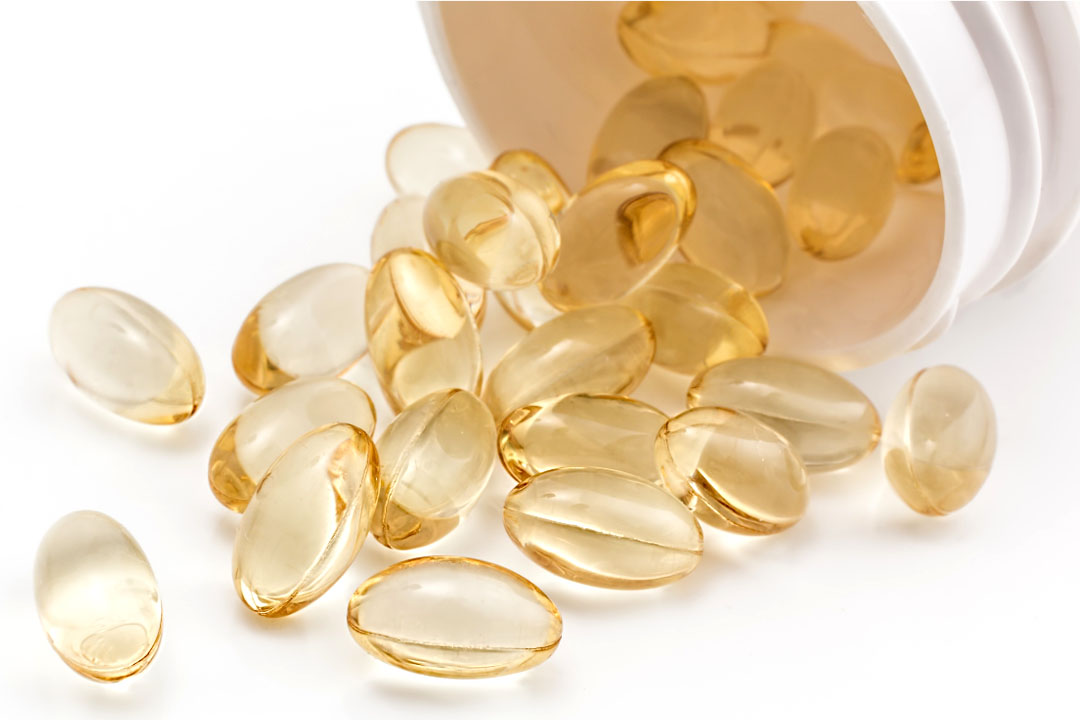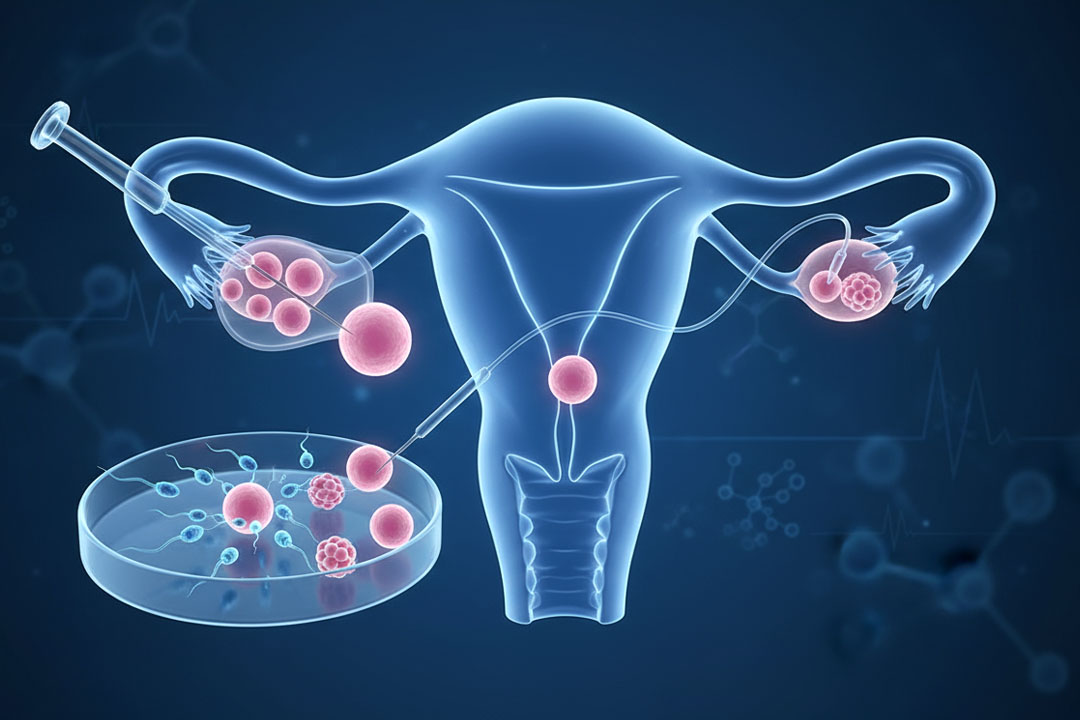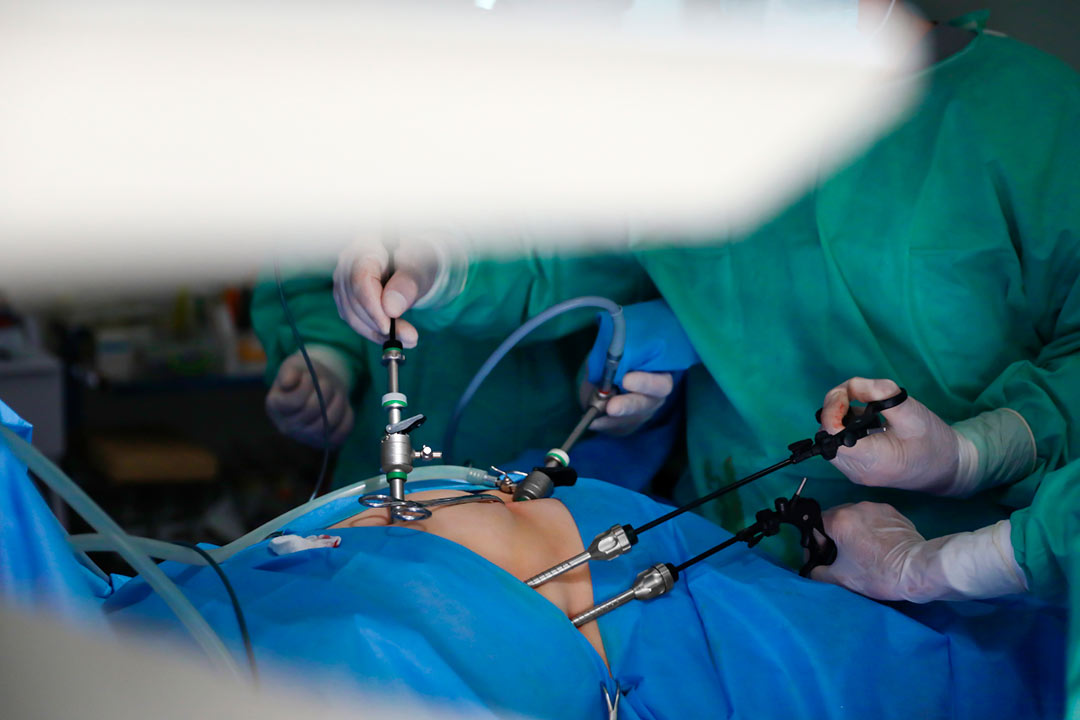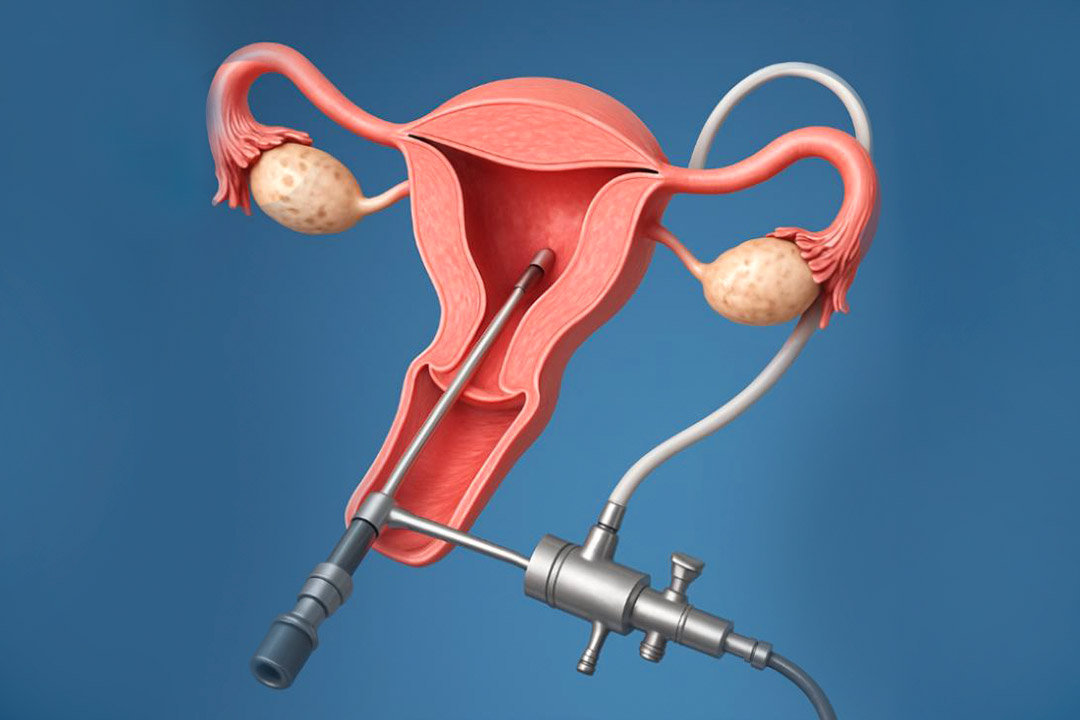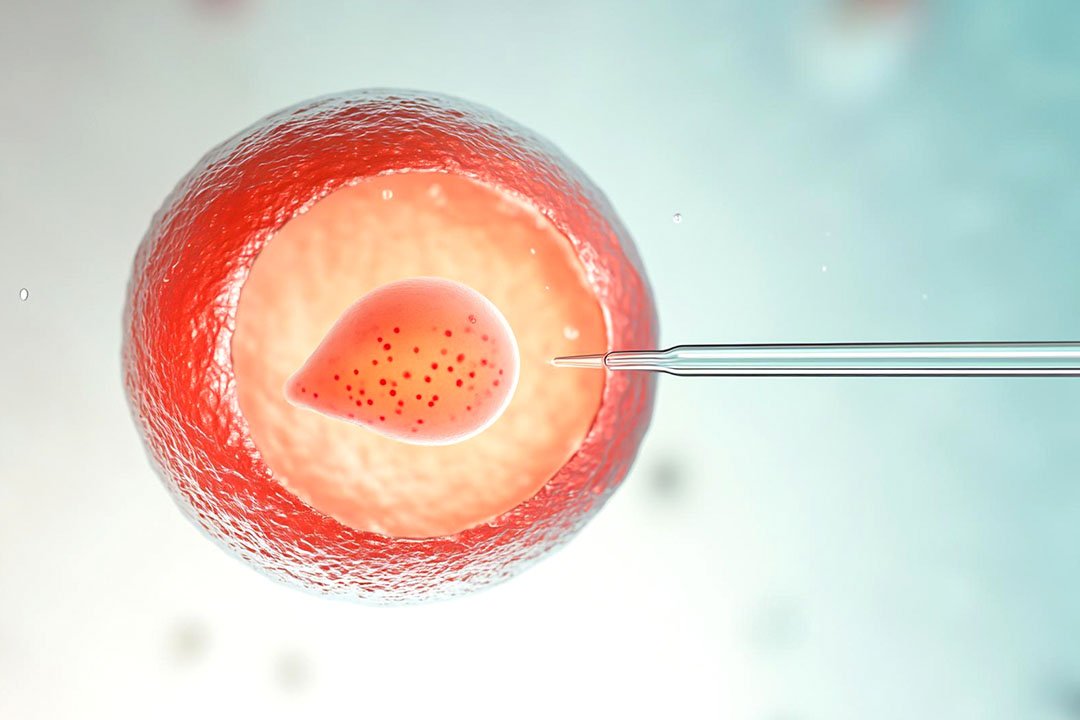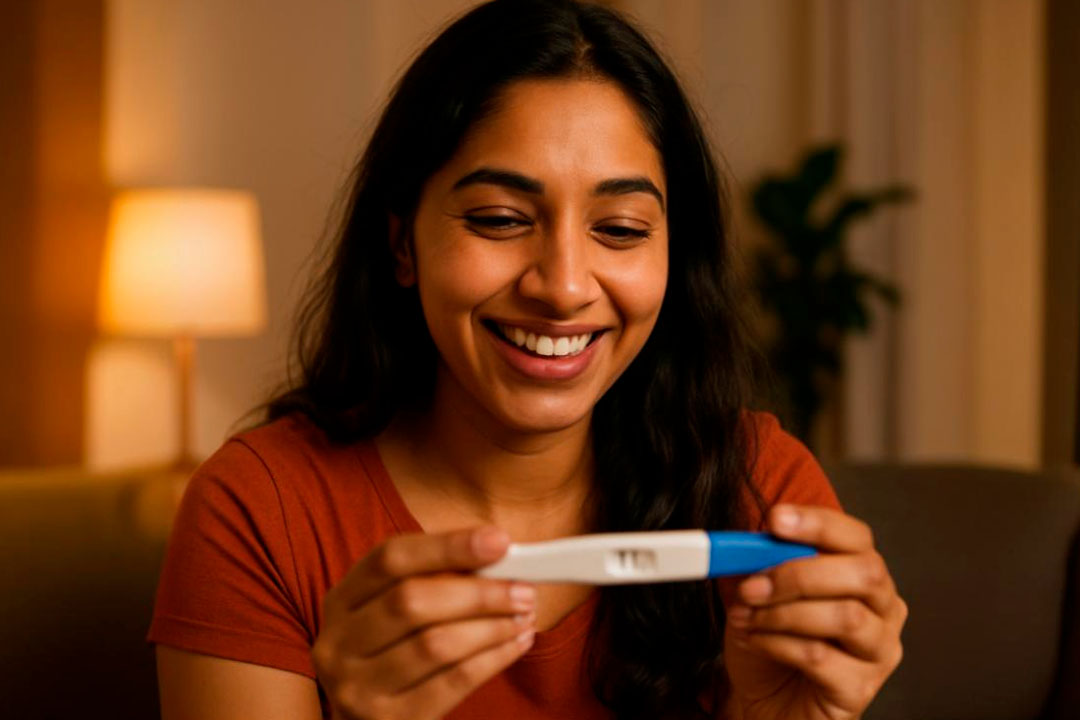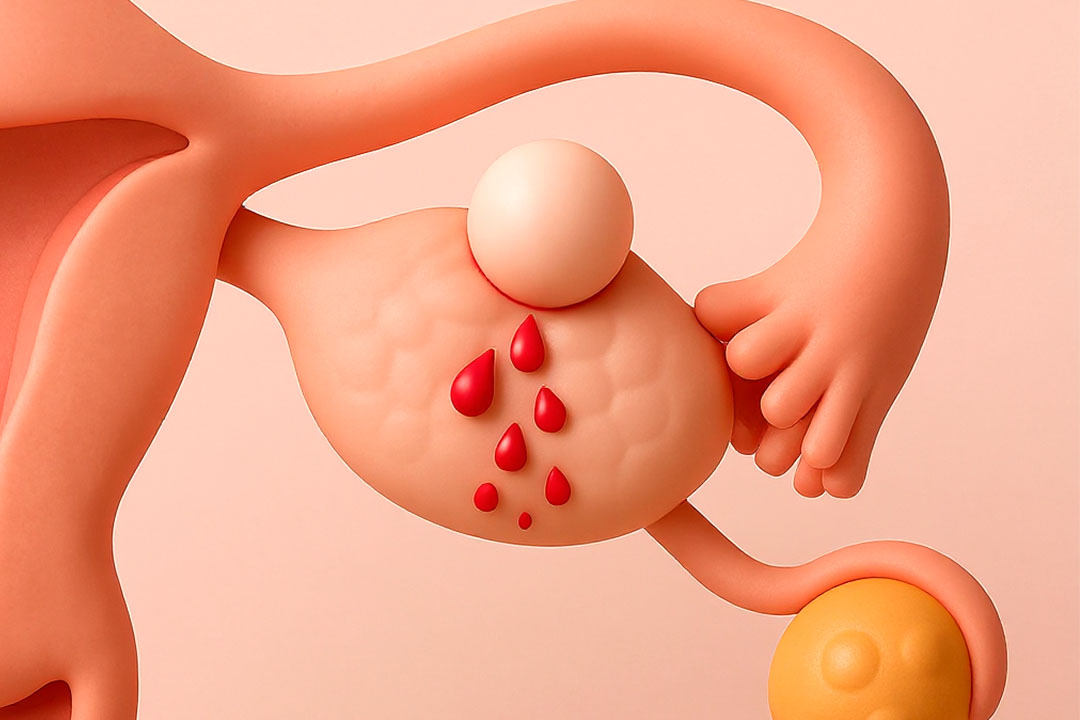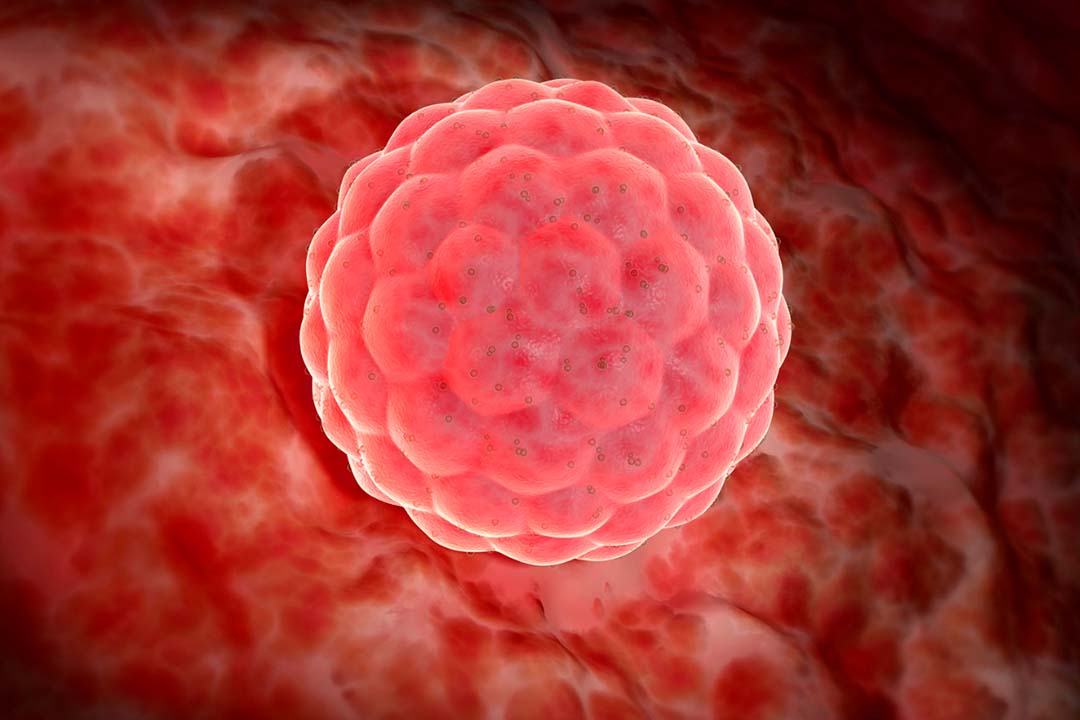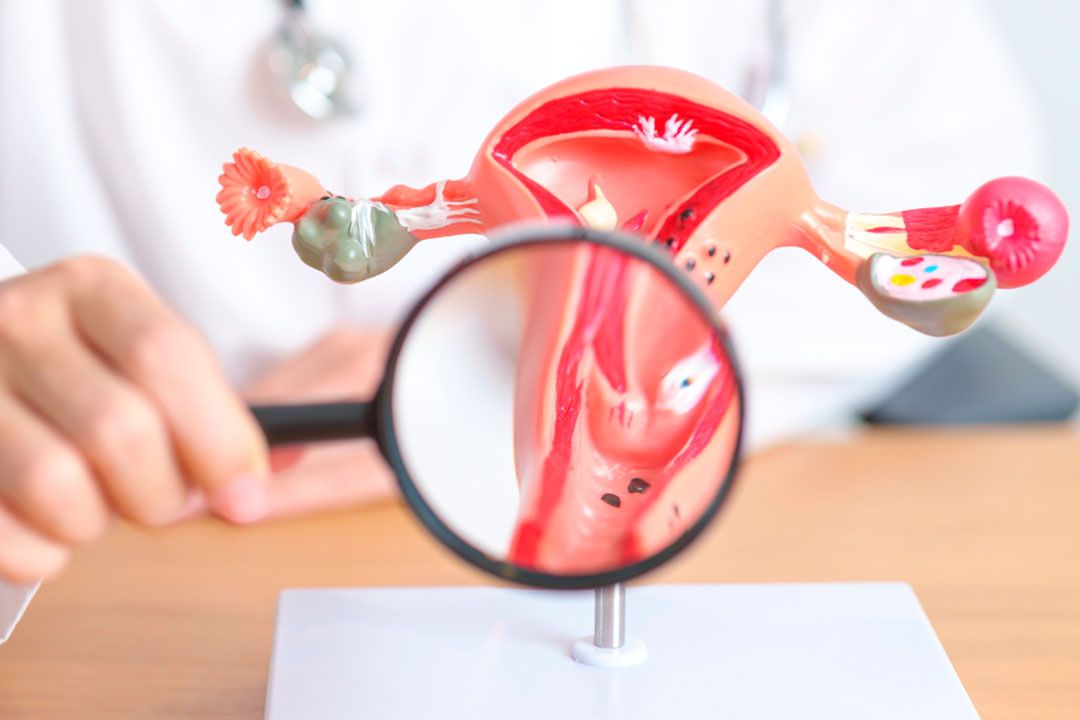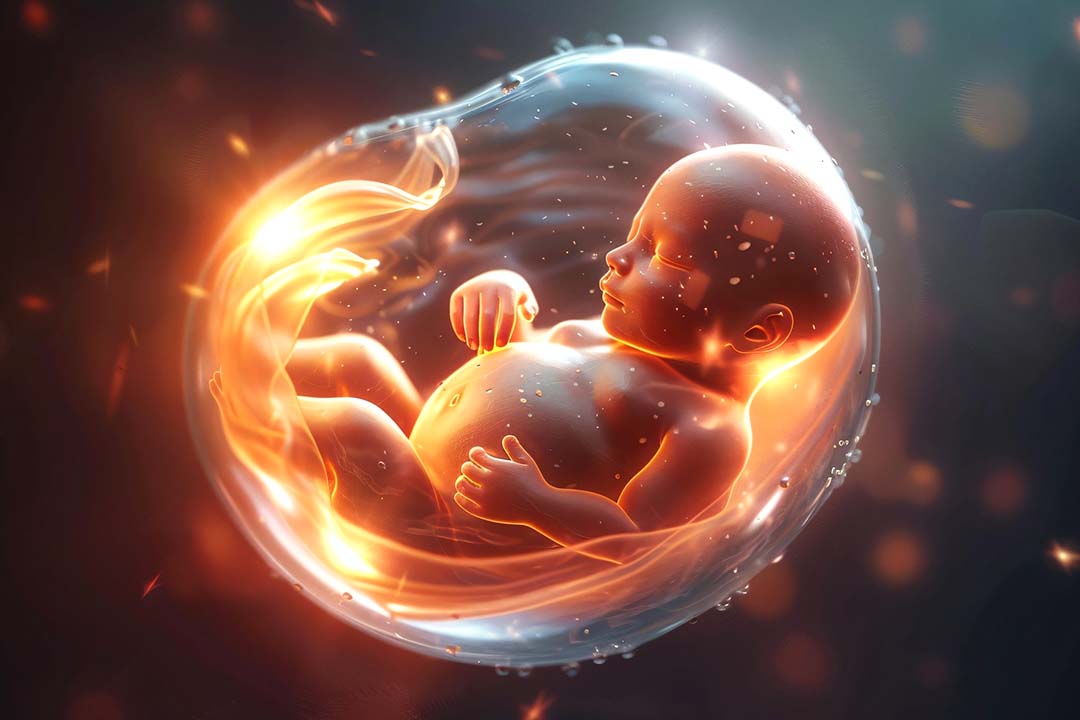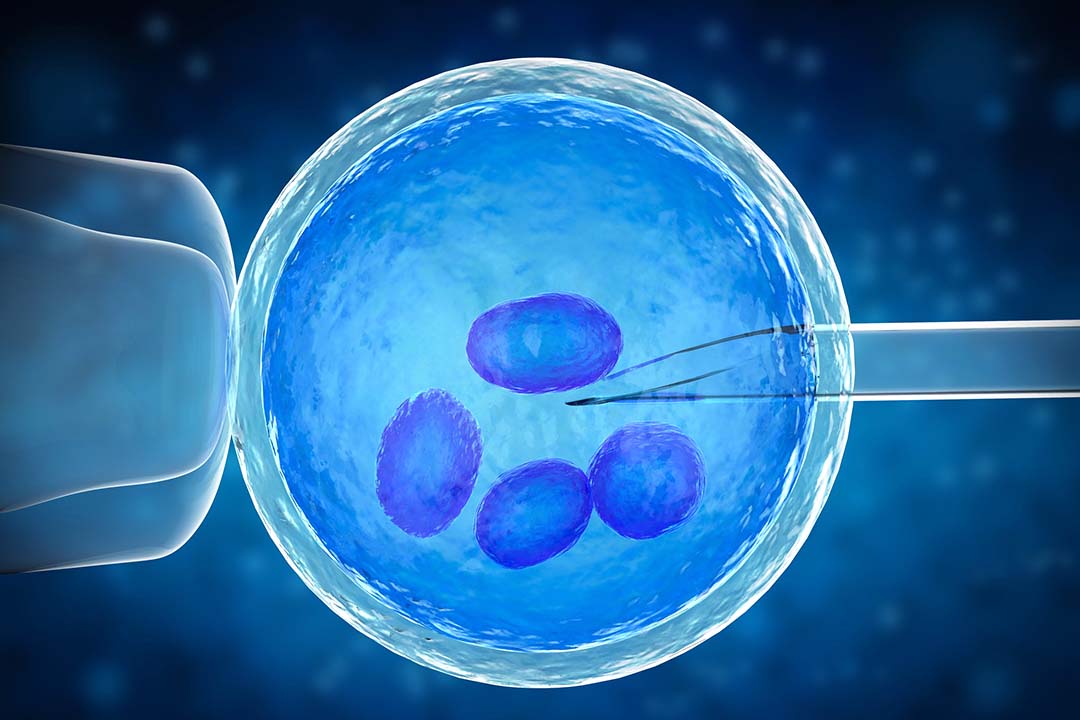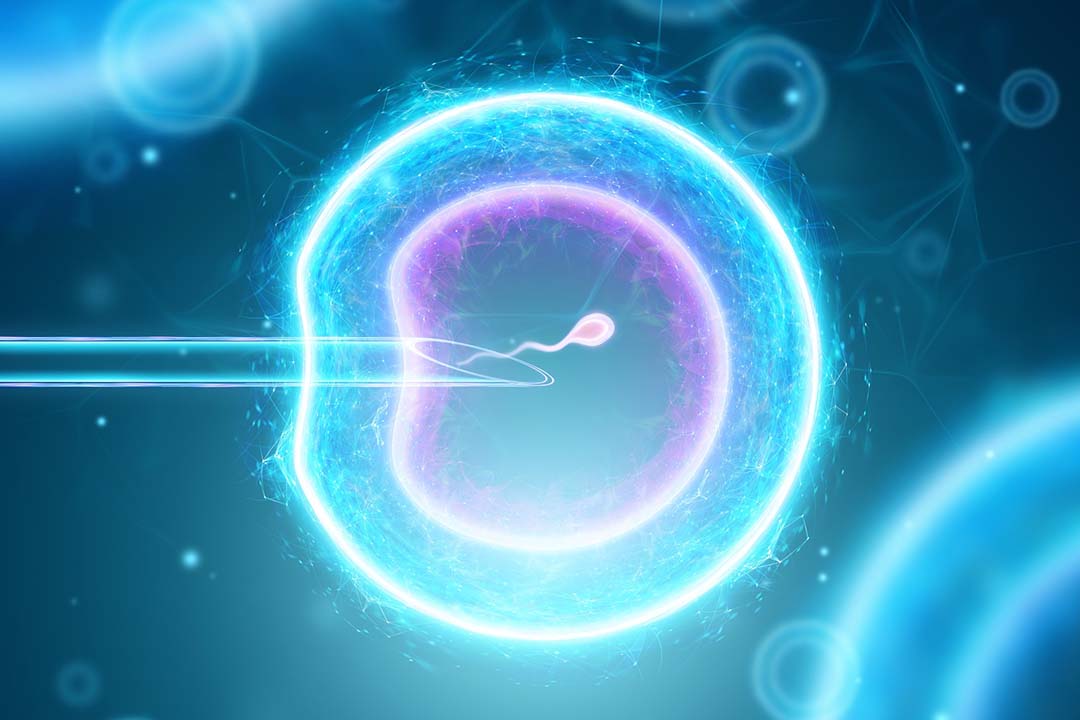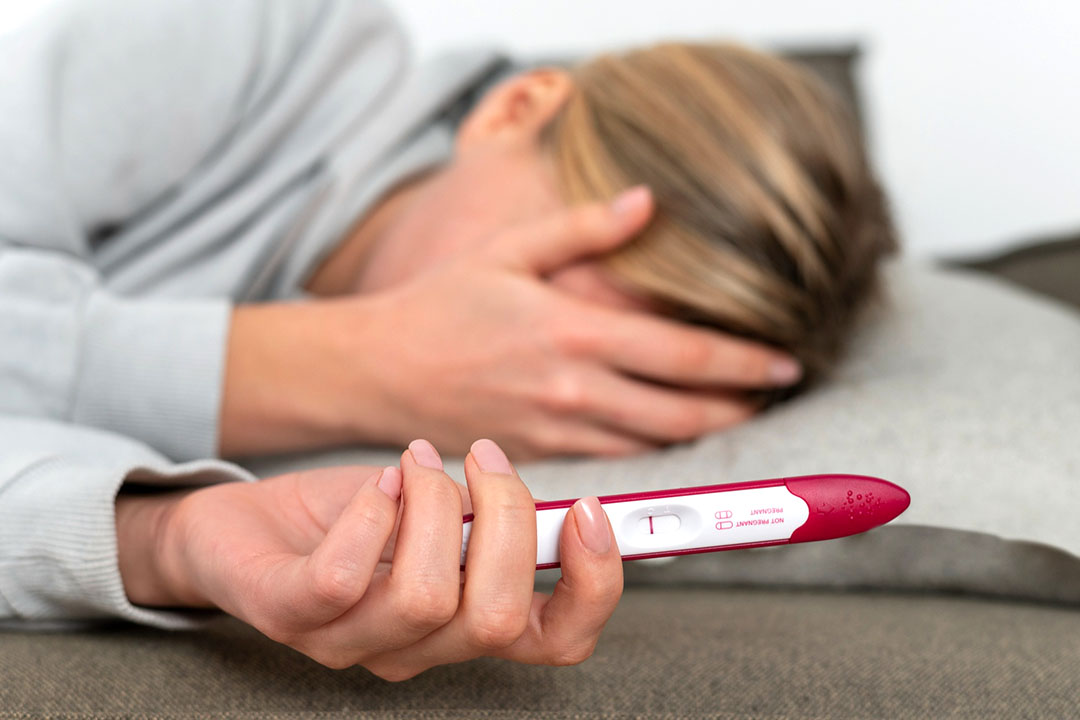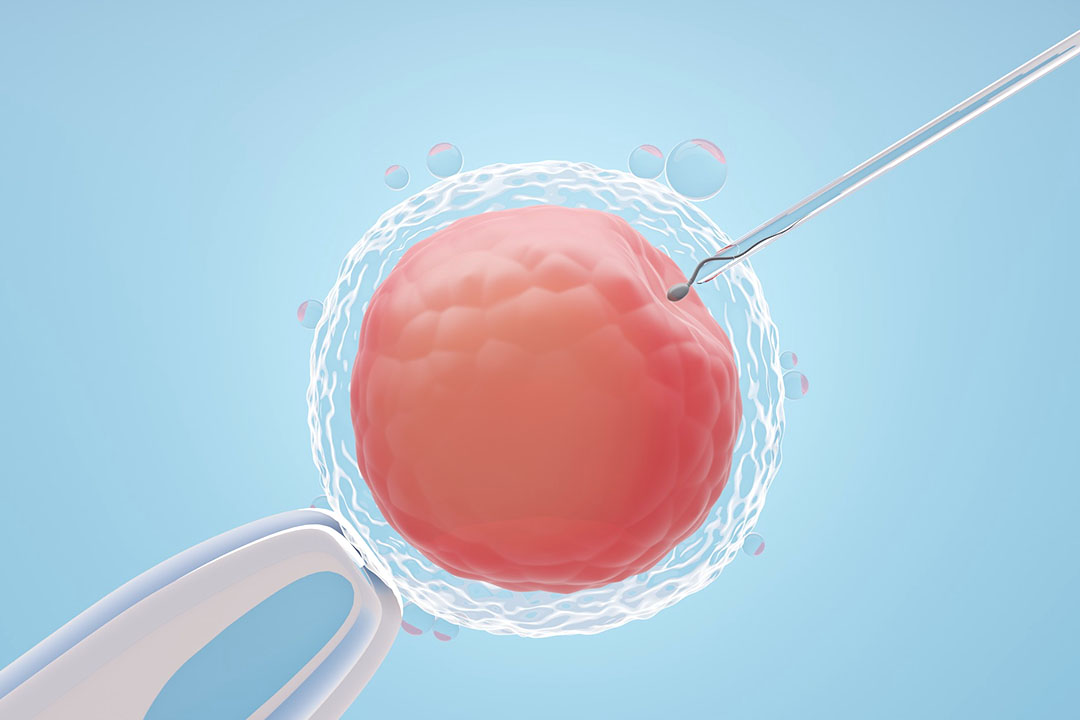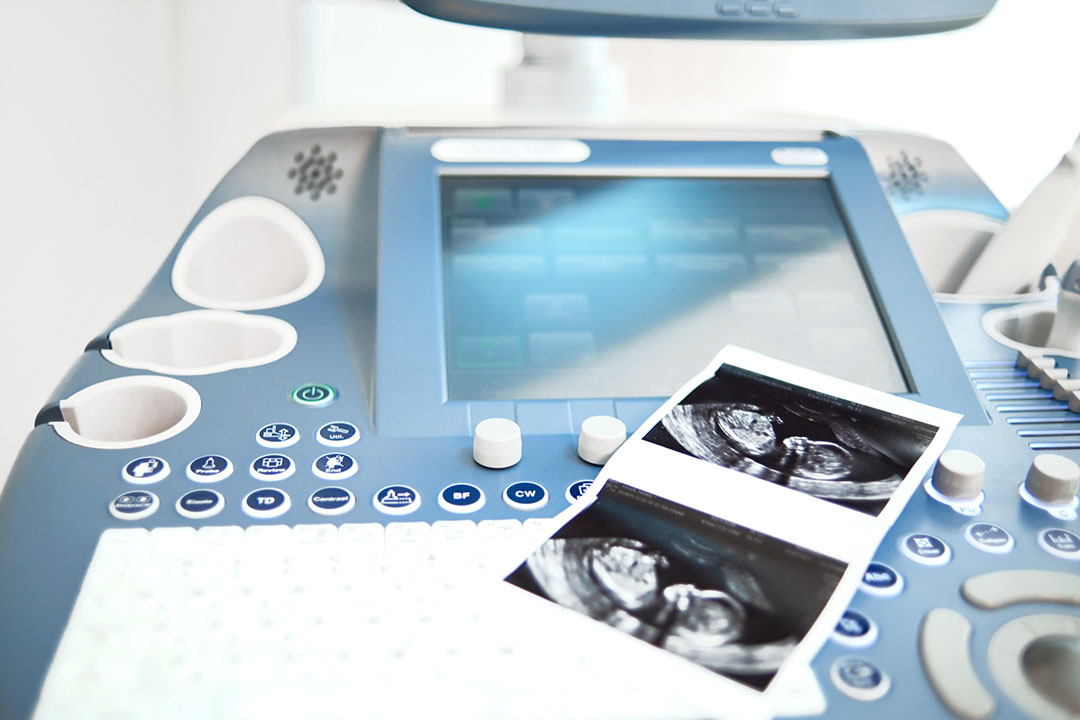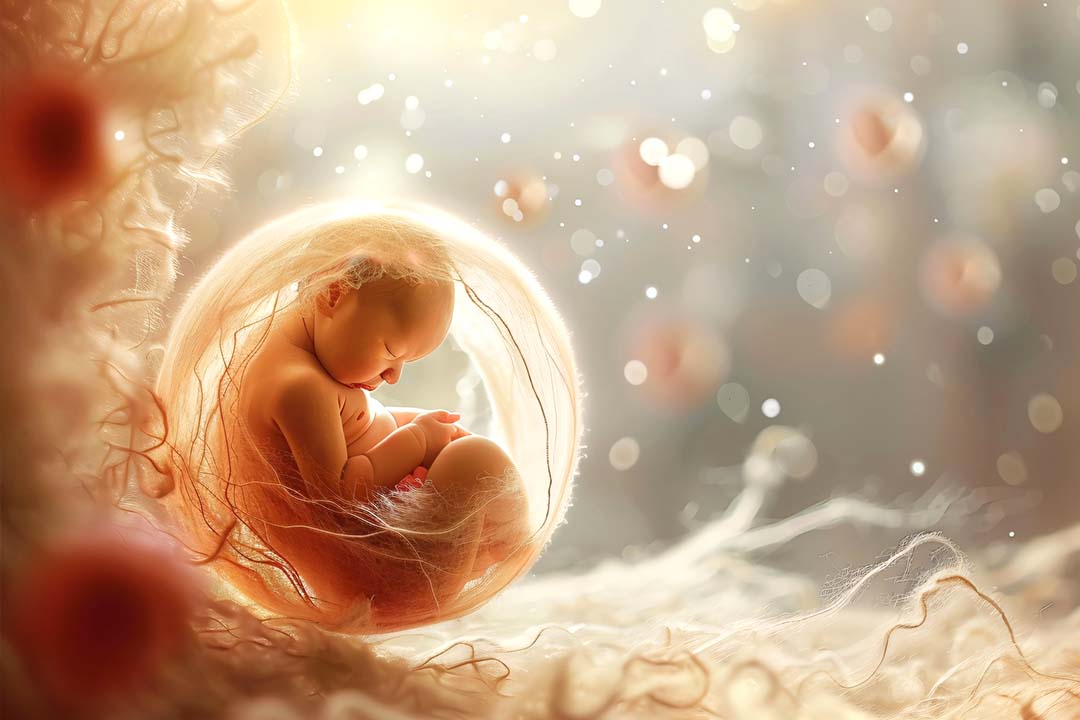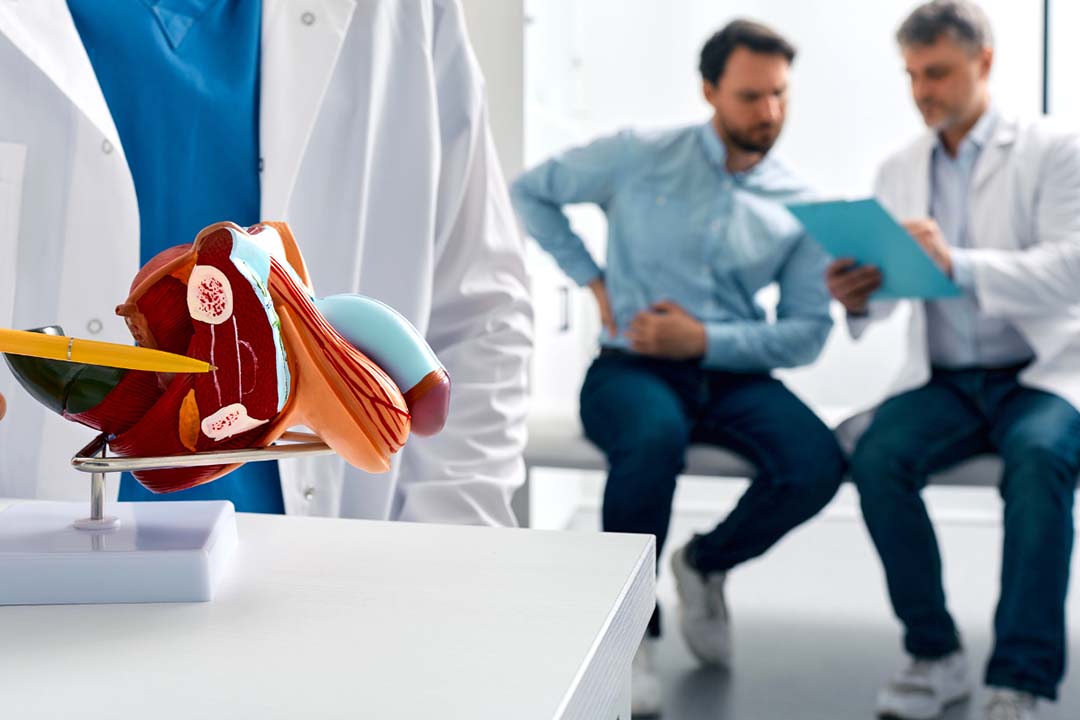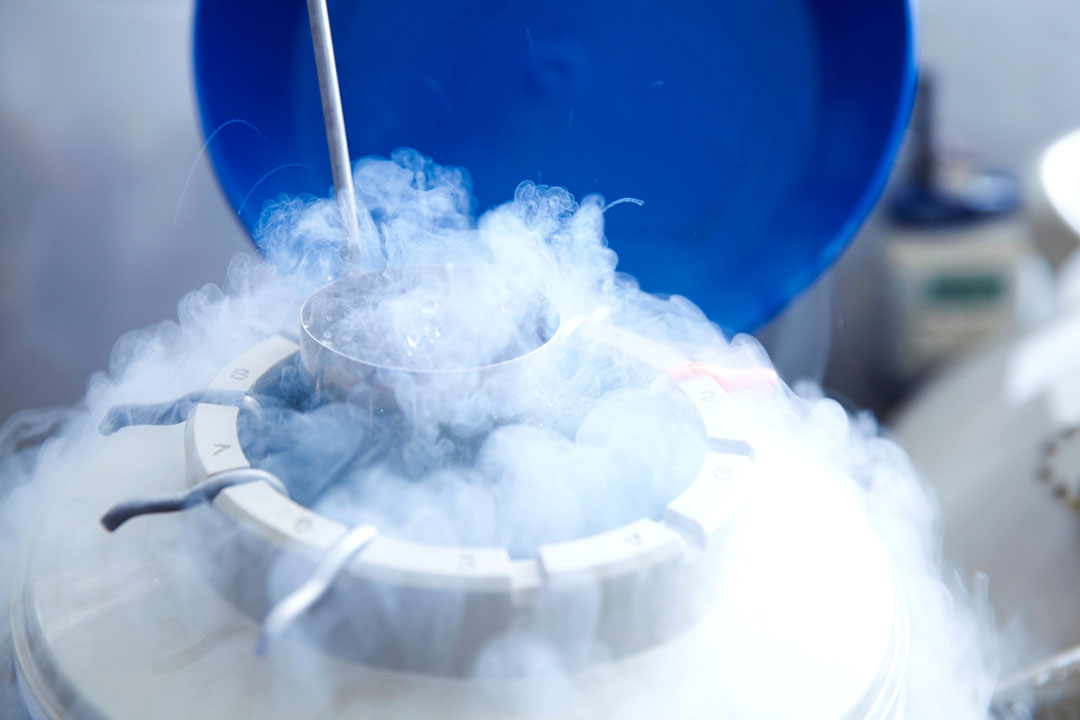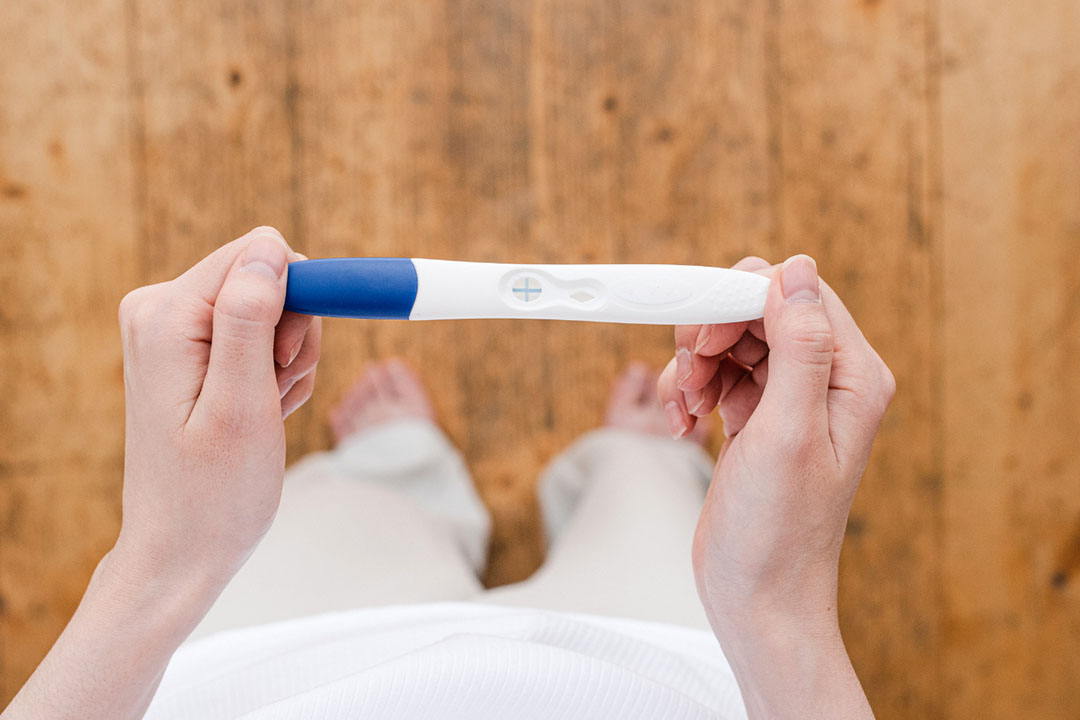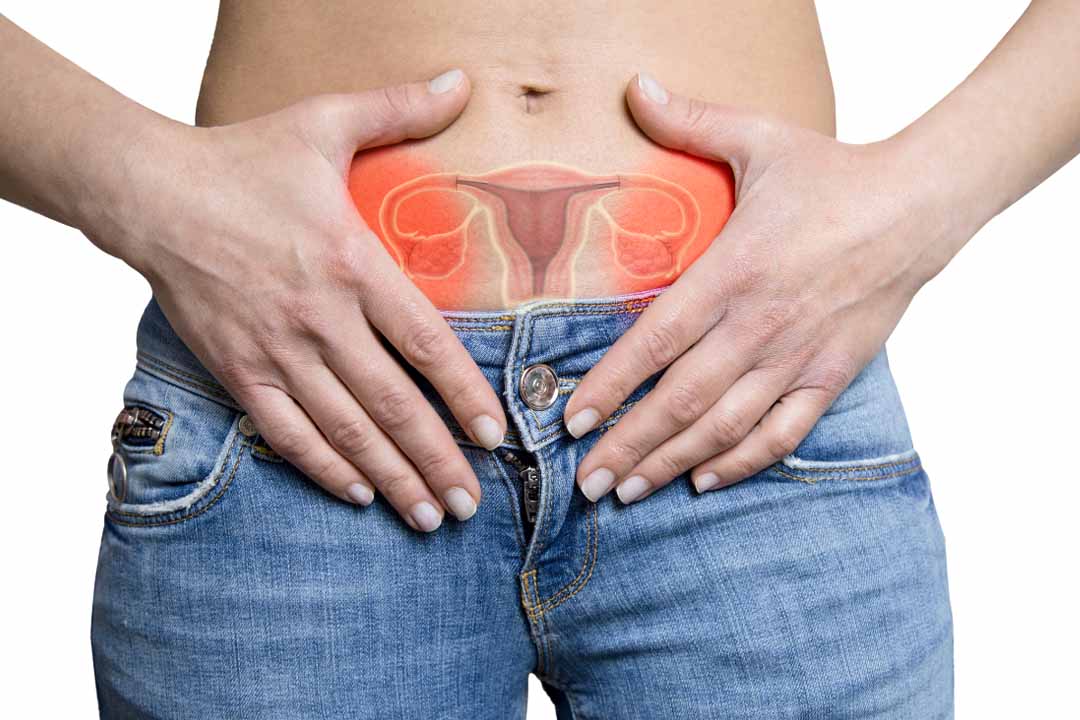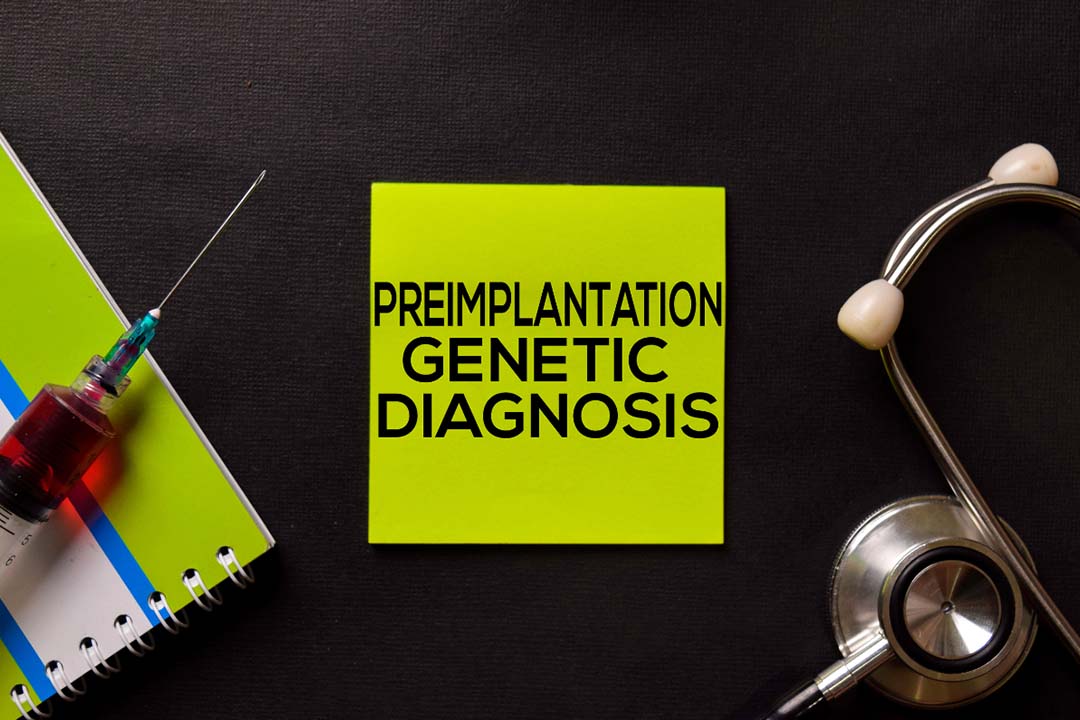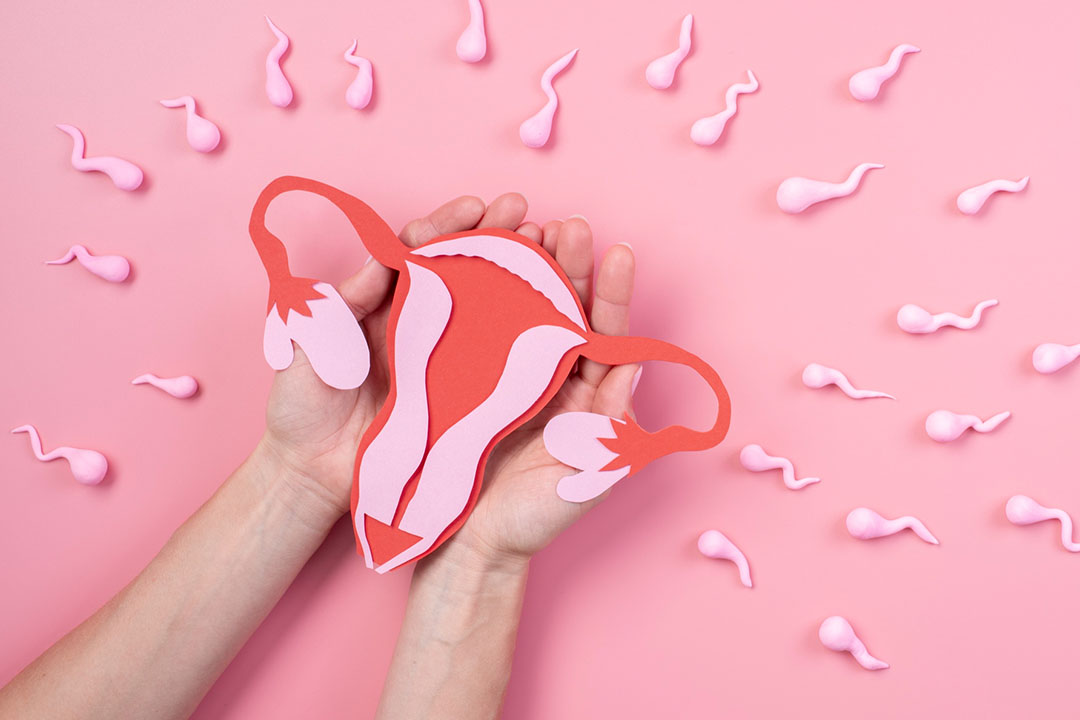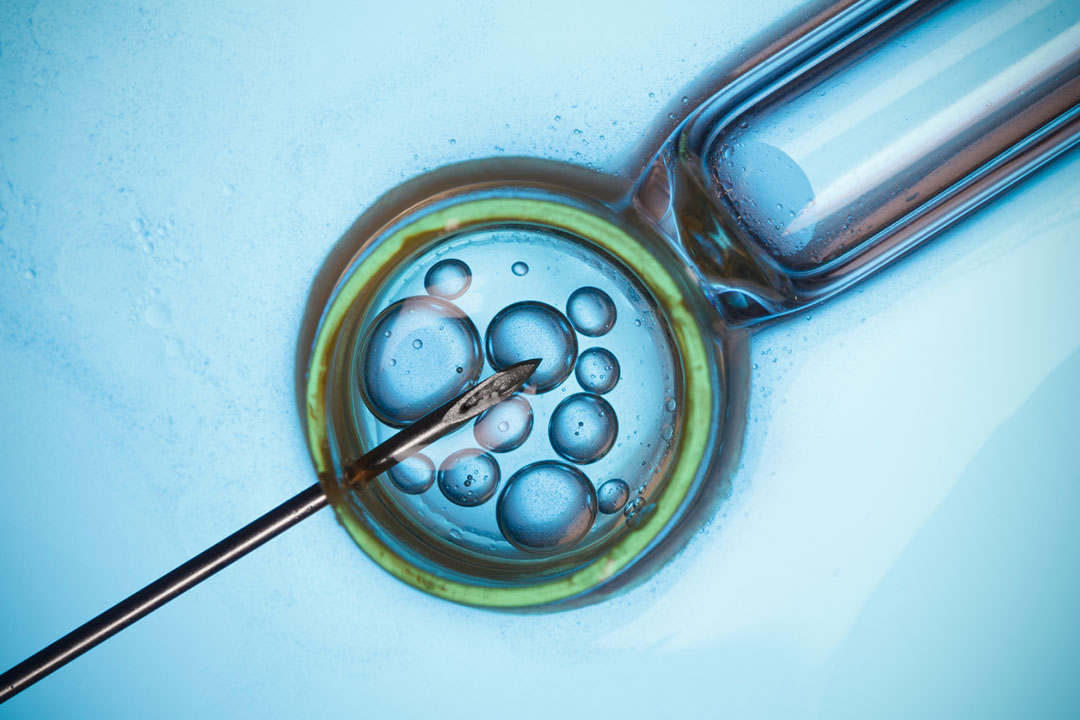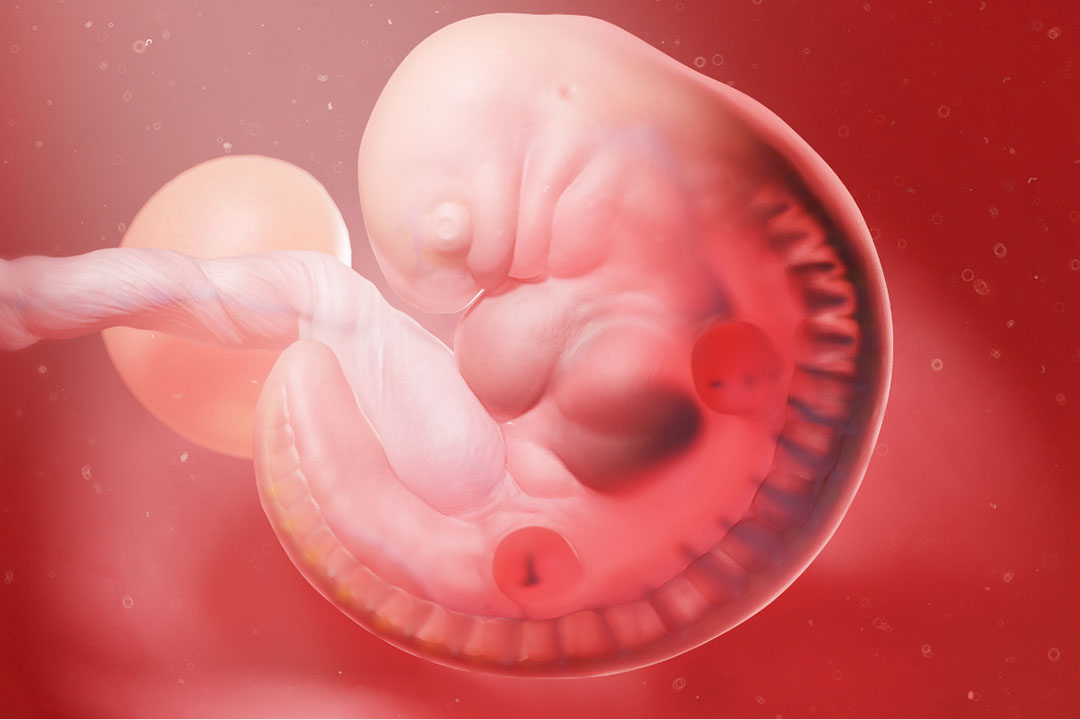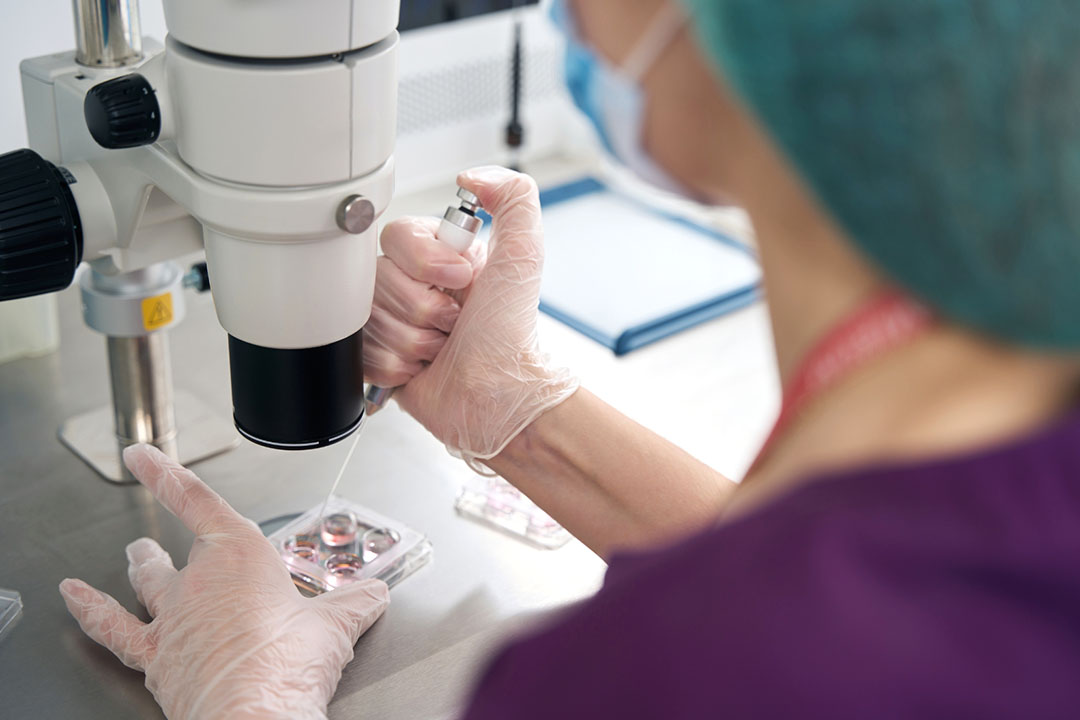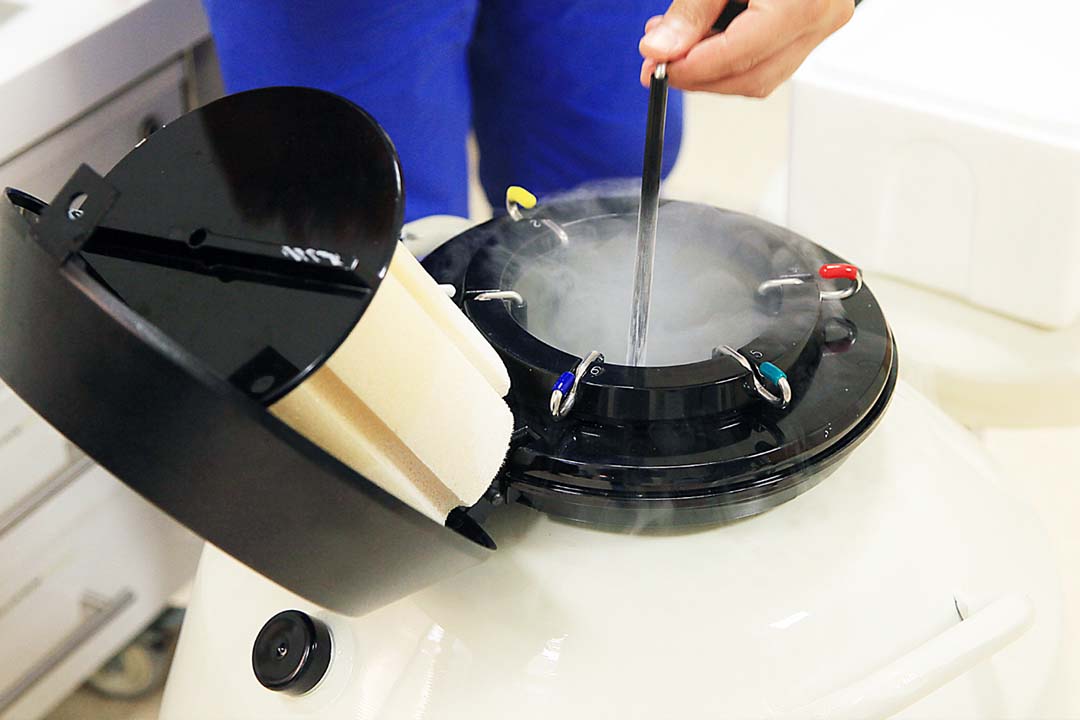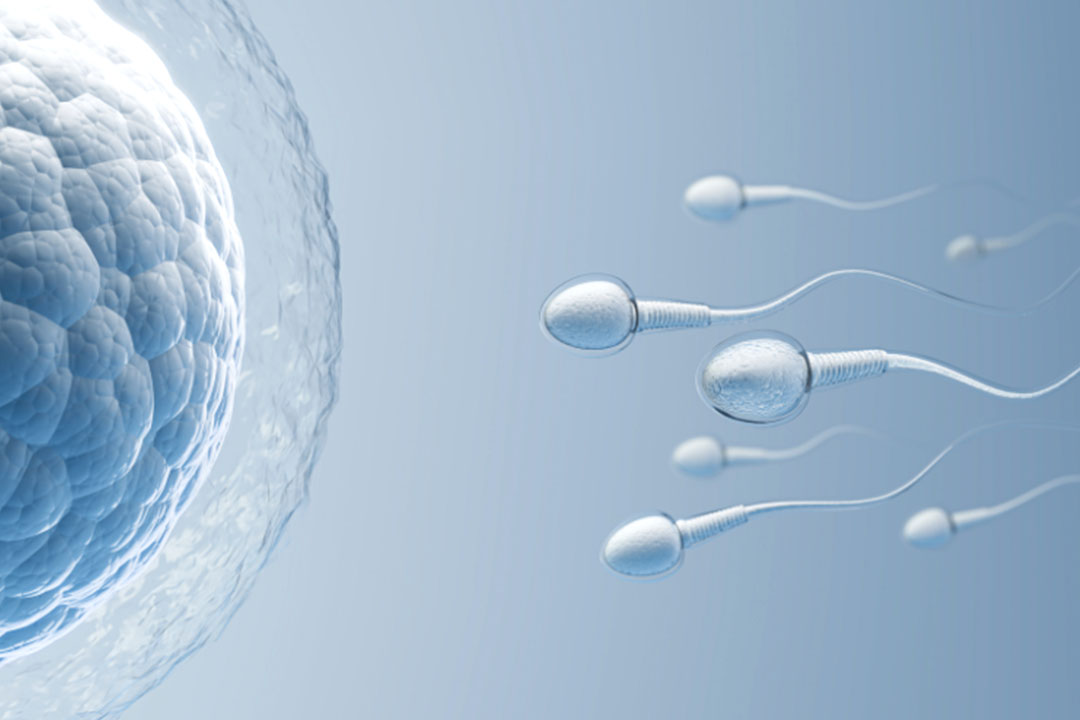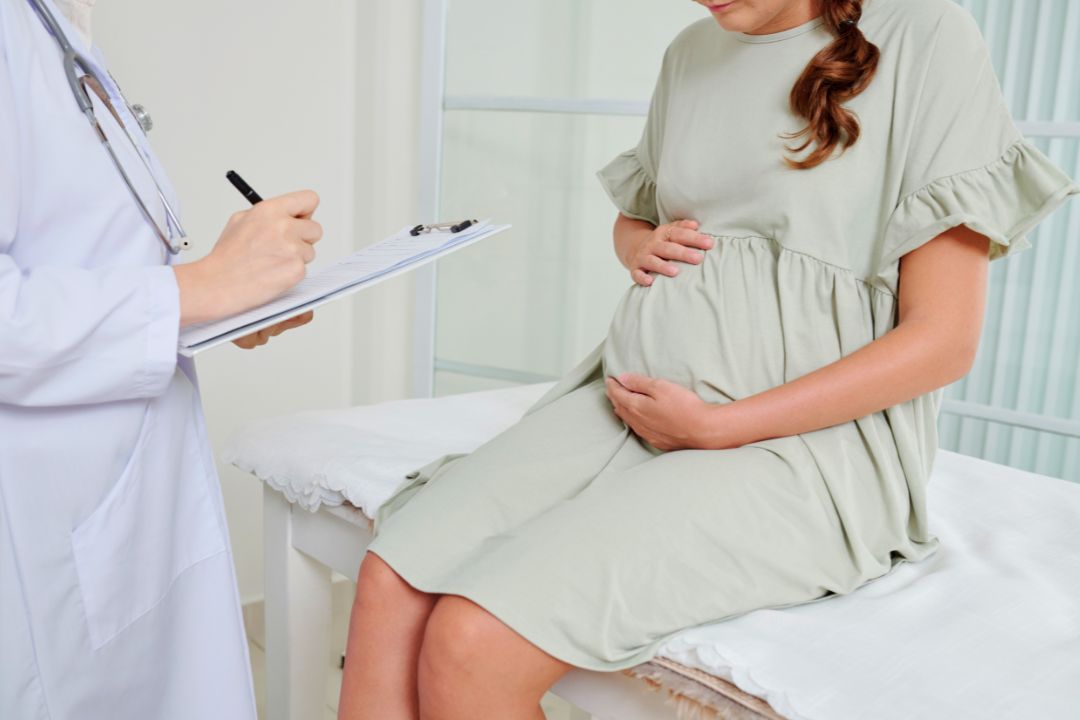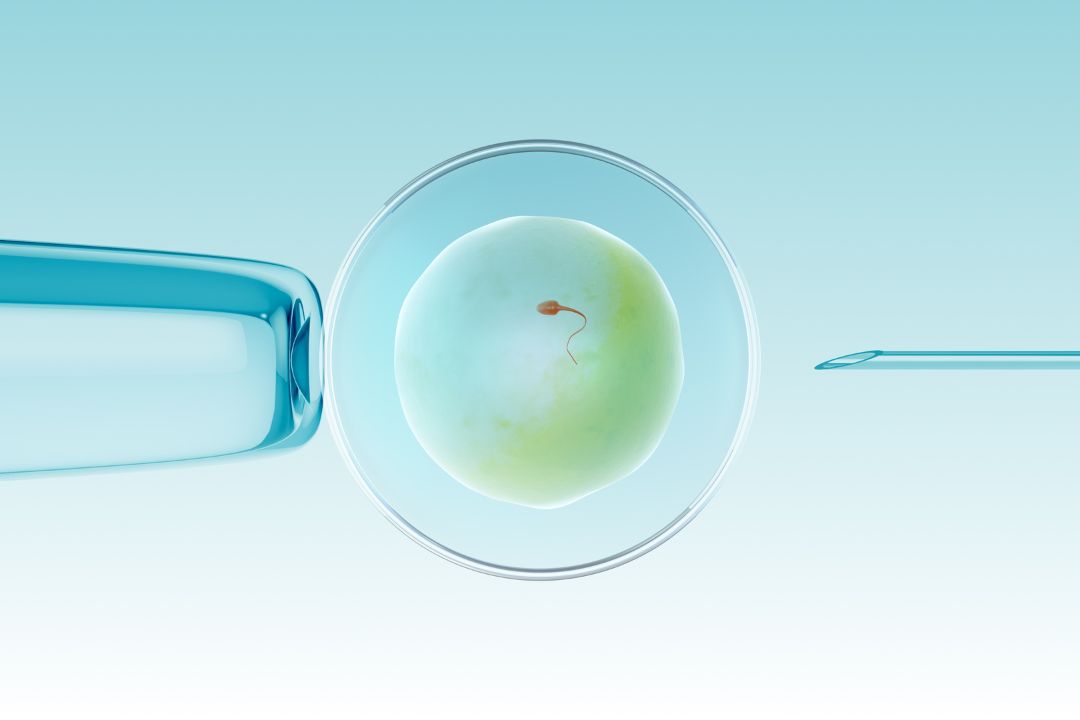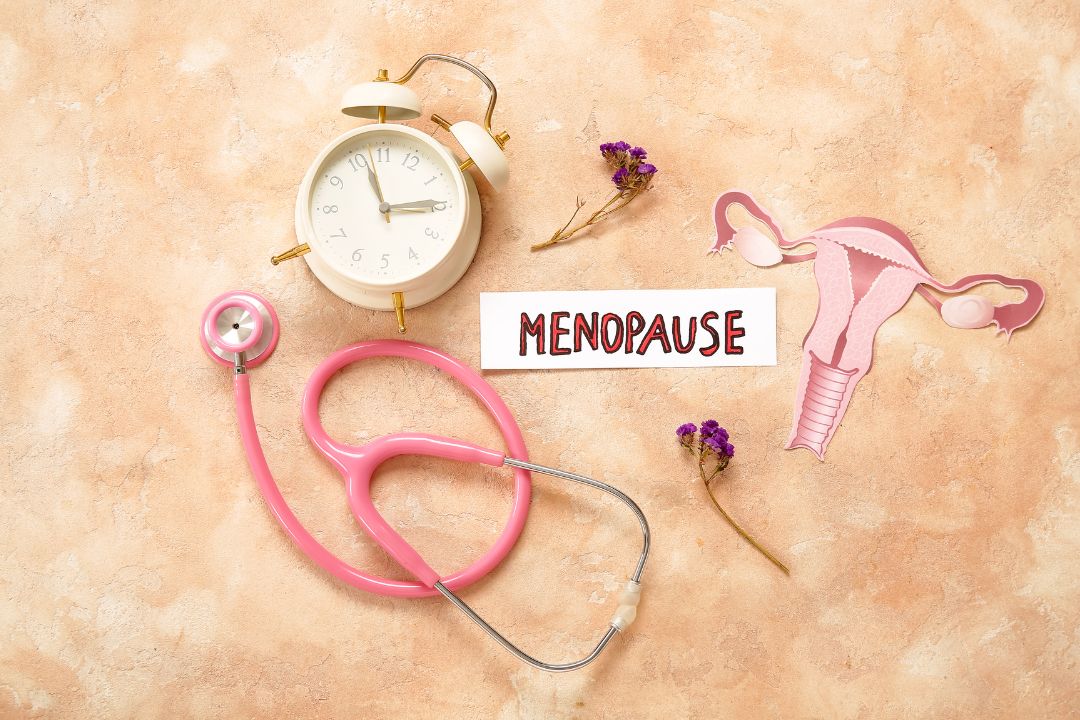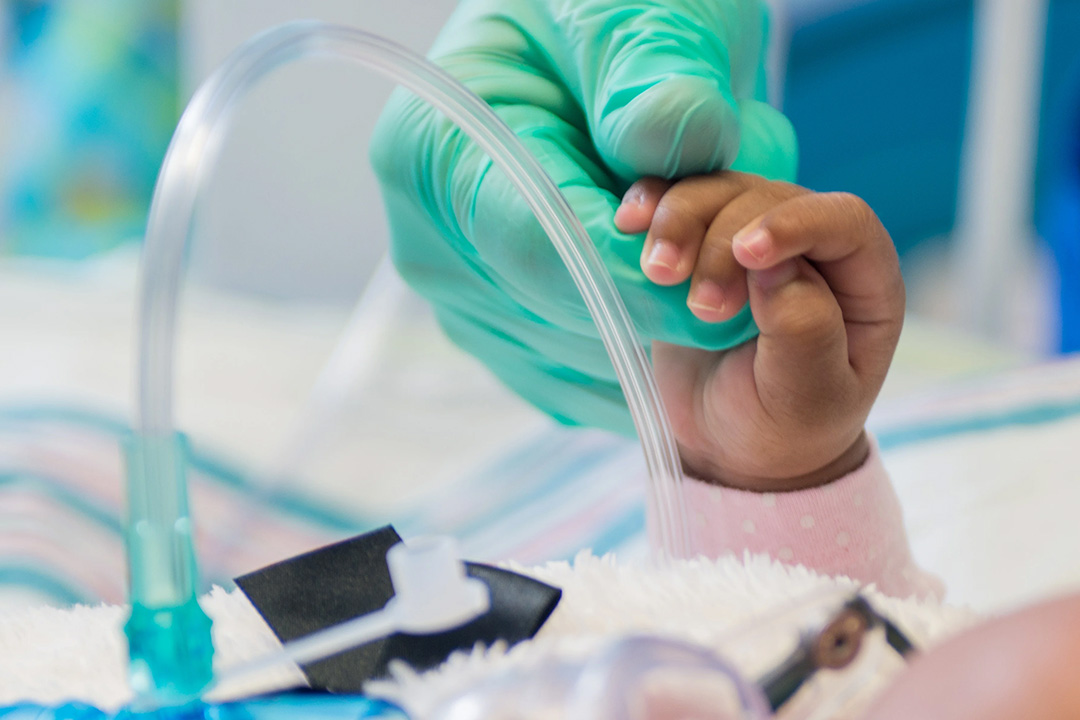Female Infertility: Causes, Symptoms, Diagnosis & Treatment
This article is a good information source on female infertility as it highlights its nature, possible risks, and diagnostic and treatment procedures.

Female Infertility Definition and Types
Female infertility definition is defined as the lack of ability to become pregnant within one year and without the use of any birth control measures.
This can be due to any complication, which may include ovulation problems, blocked fallopian tubes, or even problems with the uterus, which, in essence, hinder the chances of conception.
There are different types of infertility in females:
1. Primary Infertility
This happens when a woman has never been in a position to conceive or be pregnant in the past. Primary Infertility directly presents difficulties for women who have irregularities in the process of ovulation, the quality of eggs, or any other factor that may prevent conception.
2. Secondary Infertility
This type occurs when a woman has conceived and delivered a baby once but experiences challenges in getting pregnant again. It may occur due to changes in fertility, age, or other causes, including fallopian tube blockage or hormonal issues.
3. Unexplained Infertility
At times, all the necessary investigations and assessments may be done, but the couple is still unable to find the cause of Infertility. This type of Infertility may be especially trying as the couple is left with no medical explanation for Infertility even when they continue to experience it.
Female Infertility is a problem that affects many women, and it can have root causes that are different from those of male Infertility.
This is why it is always recommended that one consult a doctor to get recommendations on how to handle the problem.
Understanding the Types of Infertility in Females
There are different types of infertility based on the underlying causes:
| Type of Infertility | Description | Cause/Impact |
|---|
| Ovulatory Infertility | Occurs when the ovaries do not release eggs regularly. | This can result from hormonal imbalances, polycystic ovary syndrome (PCOS), or other disorders that affect ovulation. |
| Tubal Infertility | Caused by blocked or damaged fallopian tubes. | Blockages or scarring in the fallopian tubes prevent the egg from meeting the sperm, leading to infertility. |
| Endometriosis | A condition where tissue similar to the uterine lining grows outside the uterus. | The abnormal tissue growth can interfere with the function of the ovaries, fallopian tubes, and uterus, reducing fertility. |
| Uterine Infertility | Involves abnormalities in the shape or structure of the uterus. | Structural issues like fibroids, polyps, or congenital defects can prevent successful implantation of the embryo. |
| Cervical Infertility | The cervix may not produce the mucus necessary for sperm to travel effectively. | If cervical mucus is insufficient or abnormal, sperm may not be able to reach the egg for fertilization. |
Signs and Symptoms of Infertility in Females
Female infertility symptoms may vary depending on the cause, although the following are some of the common ones: Common signs include:
- Irregular Menstrual Cycles: It’s a significant sign of Infertility; the menstrual cycle may be long or short, or the woman may not even have it.
- Painful Periods: Severe pain during menstruation or lower abdomen pain could be a sign of endometriosis or fibroids, among others.
- Hormonal Changes: Skin conditions like acne, increased hair growth, or even weight issues might indicate hormonal problems that could affect fertility.
- Pain During Intercourse: General or specific pain during sexual intercourse may indicate diseases such as endometriosis or pelvic inflammatory disease (PID).
- Difficulty Maintaining a Healthy Weight: Obesity, or the inability to lose weight, maybe due to health problems like polycystic ovary syndrome (PCOS), which affects fertility.
- History of Recurrent Miscarriages: Recurrent miscarriages may be attributed to fertility problems, including hormonal disorders or structural problems in the uterus.
- Absence of Ovulation: Irregularity in the menstrual cycle may hinder conception, and this can be realized by a shortage of monthly occurrences like ovarian pain.
- Low Libido: Lack of sexual desire may be connected to hormonal changes or any other problem related to Infertility.
- Unexplained Fatigue: It is significant to understand that chronic tiredness without noticeable cause may point toward health risk factors for fertility.
- Abnormal Hair Growth: Those that grow hair in some parts of the body such as the face or chest may arguably do so due to hormonal imbalance such as in the case of PCOS.
- Frequent Urinary Tract Infections (UTIs): Sometimes, women can develop UTIs and believe that they are caused by some infertility problems, such as the presence of uterine disorders or pelvic infections.
Possible Causes of Infertility in Females
There are numerous possible causes of infertility in females. These include:
| Cause of Infertility | Description | Impact on Fertility |
|---|
| Polycystic Ovary Syndrome (PCOS) | A hormonal disorder that affects ovulation. | PCOS can lead to irregular or absent ovulation, making conception difficult. |
| Endometriosis | Tissue similar to the uterine lining grows outside the uterus. | It can cause scarring, blocked fallopian tubes, and interfere with egg implantation. |
| Fallopian Tube Damage | Damage caused by infection, surgery, or pelvic inflammatory disease. | Blockages or scarring in the fallopian tubes prevent the egg and sperm from meeting. |
| Age | Fertility naturally declines with age, especially after 35. | As a woman ages, the quality and quantity of her eggs decrease, reducing the chances of pregnancy. |
| Premature Ovarian Failure | When the ovaries stop working before age 40. | The ovaries no longer produce eggs, leading to infertility. |
| Hormonal Imbalances | Conditions like thyroid disorders or high prolactin levels. | Hormonal imbalances can disrupt ovulation and the menstrual cycle. |
| Uterine Abnormalities | Abnormalities like fibroids or polyps affect the uterus. | Congenital anomalies of the uterus may predispose to implantation failure or risk of miscarriage. |
Reasons for Female Infertility: An Overview
Reasons for female infertility include medical, lifestyle, and environmental factors. Some common causes are:
1. Age
- For women who are above 35 years of age, the nature and number of eggs also reduce, making it difficult to get pregnant.
- Physical changes also occur in the reproductive systems due to the age barrier, making conception a bit hard.
2. Infections
- Pelvic inflammatory disease (PID), sexually transmitted infections (STIs), or any previous reproductive tract infections can cause blockage of the fallopian tube, uterus, or ovaries, hence making the couple infertile.
- It also leads to the formation of scar tissues within or blockage of the fallopian tubal passage, which reduces the chances of pregnancy.
3. Genetic Factors
- Two main facts are involved in the role of genetics in women’s fertility: inherited genetic disorders can affect a woman’s fertility.
- It is also crucial to note that other disorders, for instance, Turner syndrome fragile X syndrome or any other chromosomal defects may be responsible for changes in ovary function and hence reproductive health.
4. Polycystic Ovary Syndrome (PCOS)
A rather popular endocrine disease, PCOS contributes to irregular menstrual cycles and ovulation problems, which might make it difficult to get pregnant.
5. Endometriosis
Fibroid develops as tissue that resembles the uterine lining but is located outside the uterus; it leads to tissue scarring or blockage of the fallopian tubes or implantation problems, which lowers fertility.
6. Lifestyle Choices
- Some of the ways that people reduce their fertility include smoking, drinking alcohol, eating foods that are not healthy, and engaging in activities that cause a lot of stress.
- Lifestyle considerations also cannot be left out regarding reproductive health; fertility is also an area of concern.
7. Environmental Factors
Hormonal disorders and low fertility levels are caused by various aspects of the environment, such as toxins, chemicals, and pollution.
Impact of Lifestyle Factors on Female Infertility
It is, therefore, important to note that lifestyles are key determinants of female fertility.
Lack of proper diet, exaggerated drinking, smoking, and high-stress levels can cause infertility problems in females.
This is because an unhealthy diet with little nutrient density can interfere with normal hormonal secretion and ovulation.
Tobacco and alcohol have negative effects on reproductive organs, decrease the quality of the eggs, and affect conception.
Stress management for extended periods compromises hormone balance and makes conception challenging.
In contrast, factors such as being at a healthy weight, exercising, and controlling stress may not harm fertility but may have beneficial impacts on it.
Reduced stress aids in the maintenance of proper hormonal balance, ovulation, and overall reproductive health.
Does smoking weed cause infertility in females?
Indeed, there is substantial evidence that supports the argument that smoking marijuana is indeed bad for the reproductive health of women.
It can also disrupt the normal menstrual cycle, ovulation, and the quality of the eggs, making it challenging for women to become pregnant.
It is suggested that women who use marijuana have a higher risk of developing complications if they wish to conceive.
Hormonal Imbalances and Female Infertility
- Hormonal Imbalances: One of the main reasons that lead to infertility among ladies is hormonal imbalance, and this impacts the reproductive system.
- Key Reproductive Hormones: The female sex hormones include estrogen, progesterone, and luteinizing hormone, which play central roles in controlling ovulation and sustenance of pregnancy.
- Impact on Ovulation: Abnormality in these hormones causes irregularity in ovulation and this hampers conception.
- Causes of Imbalances: Hormonal imbalances can be due to medical conditions such as polycystic ovary syndrome (PCOS), thyroid disorders, or high levels of prolactin.
- Effect on Pregnancy: Imbalances can also affect the ability to maintain a pregnancy, leading to early miscarriages or difficulty in implantation.
- Treatment Options: The identified hormonal disorders can be treated with the help of hormonal therapy or medications that will contribute to fertility.
Diagnosis of Infertility in Females: What to Expect
Sometimes, a woman may be facing issues in conceiving, and thus, she has to undergo several female infertility tests and diagnosis to determine their issue.
Common diagnostic tests include:
| Diagnostic Test | Description | Purpose/Use |
|---|
| Blood Tests | Blood samples are taken to check hormone levels. | To assess levels of hormones like estrogen, progesterone, and thyroid hormones that affect fertility. |
| Ultrasound | A non-invasive imaging test using sound waves to create images. | To examine the ovaries, uterus, and fallopian tubes for abnormalities such as cysts, fibroids, or blockages. |
| Hysterosalpingography (HSG) | An X-ray procedure where a contrast dye is used to examine the fallopian tubes. | To check for blockages or scarring in the fallopian tubes that may prevent conception. |
| Laparoscopy | A minimally invasive surgical procedure using a camera inserted through small incisions. | To diagnose conditions like endometriosis, fibroids, or pelvic adhesions that affect fertility. |
| Endometrial Biopsy | A sample of the uterine lining is taken for testing. | To check the condition of the uterine lining and ensure it is suitable for embryo implantation. |
| Pap Smear | A routine test to collect cells from the cervix. | To screen for cervical cancer or infections that could affect fertility. |
| Pelvic Examination | A physical examination of the reproductive organs. T | o check for signs of abnormalities or infections that might impact fertility. |
| Sonosalpingography | An ultrasound technique whereby saline is utilized to search for obstructions within the fallopian tubes. | Primarily, to check for tubal factors, namely, whether there are blockages that may lead to the inability to conceive. |
Treatment Options for Female Infertility
There are various treatment options for female infertility, depending on the underlying cause. These include:
1. Medications
There are many drugs that can be used to treat infertility, particularly drugs that can induce ovulation and treat hormonal disorders.
- Clomiphene Citrate: This is a widely used drug that helps in the release of eggs by stimulating the ovaries.
- Letrozole: Most commonly used in the treatment of ovulation disorders, especially in women with polycystic ovary syndrome.
- Gonadotropins: This is a treatment process that involves the administration of hormones through injection to cause the mature ovaries to release several eggs.
- Human Chorionic Gonadotropin (hCG): This is a form of hormone treatment that stimulates ovulation.
- Bromocriptine or Cabergoline: Drugs taken for managing high levels of prolactin that can interfere with fertility.
2. Surgery
- Some physical abnormalities may also require surgery to enhance fertility if it is impaired.
- It may be conducted to correct tubal blocks, fibroids or endometriosis-like diseases, among others, or to perform things like tubal ligation.
3. In Vitro Fertilization (IVF)
IVF is one of the most common assisted reproductive technologies, in which eggs are fertilized outside the woman’s body, and embryos are then transferred to the uterus.
4. Artificial Insemination
This is a process whereby sperm are placed directly in the uterus so as to enhance fertilization.
5. Therapies Targeting The Fundamental Causes
If Infertility is caused by diseases, for example, endometriosis or PCOS, treatments that address these conditions could be helpful in enhancing fertility.
Natural and Alternative Approaches to Infertility Treatment
Despite the medical treatments being widely used, some women opt for the natural and other orthodox methods of managing infertility. These might include:
| Approach | Description | Purpose/Use |
|---|
| Acupuncture | A traditional Chinese medicine technique involving thin needles. | To balance hormones, improve blood flow to the reproductive organs, and reduce stress, which may enhance fertility. |
| Herbal Supplements | Natural herbs and plants are used to support reproductive health. | To improve fertility by regulating hormonal balance, promoting ovulation, and improving overall reproductive function. |
| Diet and Lifestyle | Changes to diet, exercise, and stress management. | A healthy diet, regular physical activity, and stress reduction can improve overall reproductive health and fertility outcomes. |
Coping with Infertility: Emotional and Psychological Support
Infertility can be emotionally challenging for many women. The stress and disappointment of not being able to conceive can lead to feelings of isolation, anxiety, and depression.
Seeking psychological support or joining support groups can help women cope with the emotional aspect of infertility.
Preventive Measures to Reduce the Risk of Infertility in Females
| Preventive Measure | Description |
|---|
| Regular Health Check-ups | Routine check-ups to monitor reproductive health and detect any issues early. |
| Avoiding Sexually Transmitted Infections (STIs) | Using protection during sexual activity to prevent infections that can affect fertility. |
| Managing Chronic Health Conditions | Proper management of conditions like diabetes or thyroid disorders to prevent their impact on fertility. |
| Healthy Diet | Eating a balanced diet rich in essential nutrients to support reproductive health. |
| Regular Exercise | Engaging in regular physical activity to maintain a healthy weight and balance hormones. |
| Avoiding Smoking and Excessive Alcohol | Refraining from smoking and limiting alcohol intake to reduce their negative effects on fertility. |
Future Trends and Research in Female Infertility
Contemporary medicine offers significant advancements in female infertility treatment.
It has been better understood as a biological process due to the research for new fertility drugs, improved IVF techniques, and genetic tests.
Technological advancements especially in the freezing of eggs have also presented more opportunities for women who consider delay in conceiving.
Female Infertility and Age: How Does It Impact Fertility?
Lack of fertility is more prevalent among women aged above 30, with fertility rates reducing drastically after 35 years of age.
With the age factor, the number of eggs produced reduces and at the same period, the quality of the eggs is also poor.
This can make it seem almost impossible or at least harder to conceive naturally.
Moreover, older women have higher risks of chromosomal abnormalities, which in turn lead to chances of miscarriage or developmental problems of the baby.
The ability of older women to get pregnant is, therefore, hampered by reduced egg quantity and quality, coupled with increased health risks.
Common Myths and Misconceptions About Female Infertility
- Myth: Infertility is only experienced by women who are of advanced age.
Fact: Infertility may occur at any age, and factors such as medical history, lifestyle, and genetic makeup can affect fertility. - Myth: Evidently, stress is responsible for infertility on its own.
Fact: Although stress may alter the relationship between hormones and ovulation, it is not a direct cause of infertility. These are but a few of the numerous factors that play a role, including medical conditions that may befall an individual or lifestyle decisions made by him or her. - Myth: If you’re healthy, you can’t be infertile.
Fact: Infertility can be present in even healthy women primarily due to hormonal imbalances, reproductive disorders, or unexplained causes. - Myth: Infertility is always a woman’s problem.
Fact: Infertility applies to both the males and the females. Some challenges that affect conception involve couples with male fertility problems, including low sperm production and mobility.
References

About Us
AKsigen IVF is a premier center for advanced fertility treatments, with renowned fertility experts on our team. Specializing in IVF, ICSI, egg freezing, and other cutting-edge reproductive technologies, AKsigen IVF is committed to helping couples achieve their dream of parenthood. With personalized care and a patient-first approach, AKsigen IVF provides comprehensive fertility solutions under one roof.


















